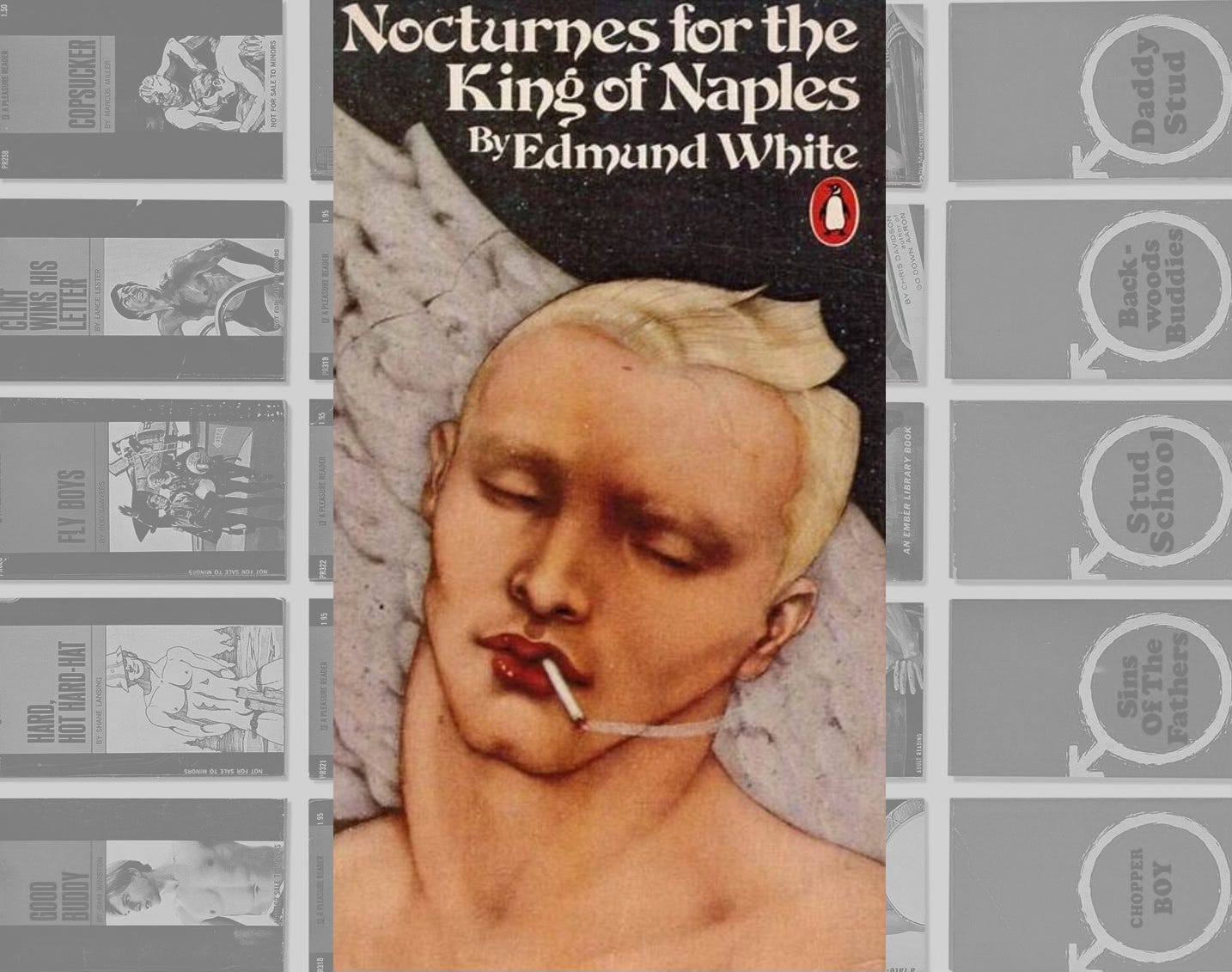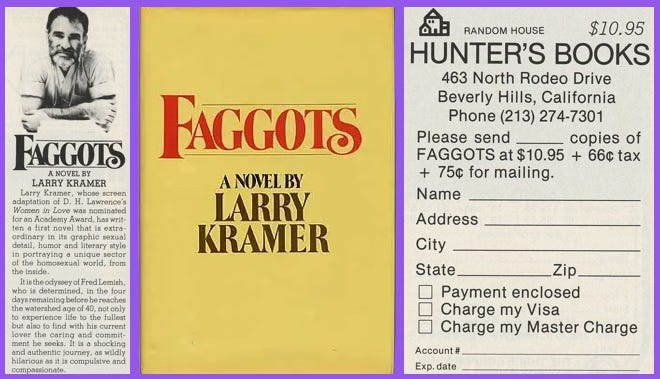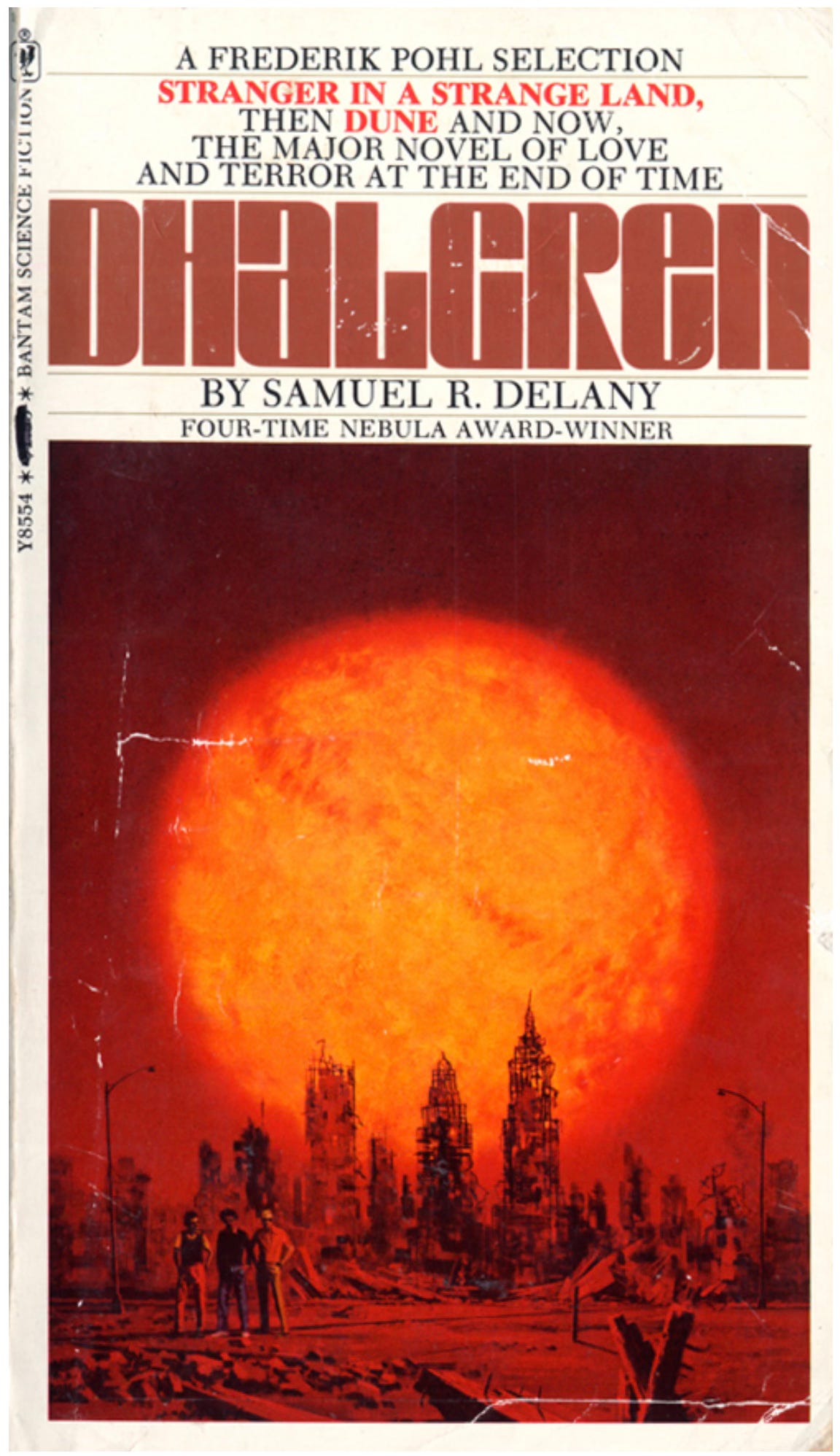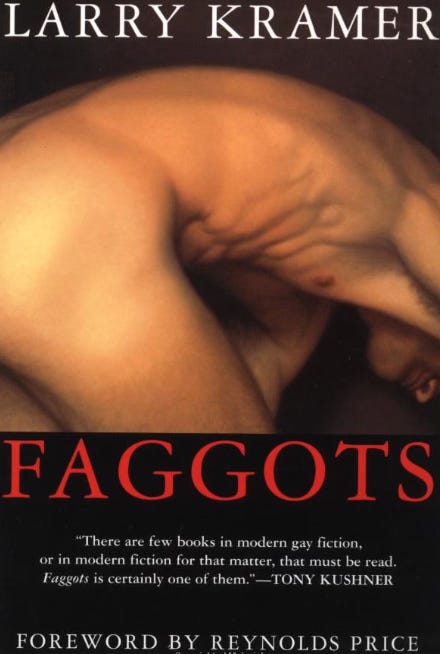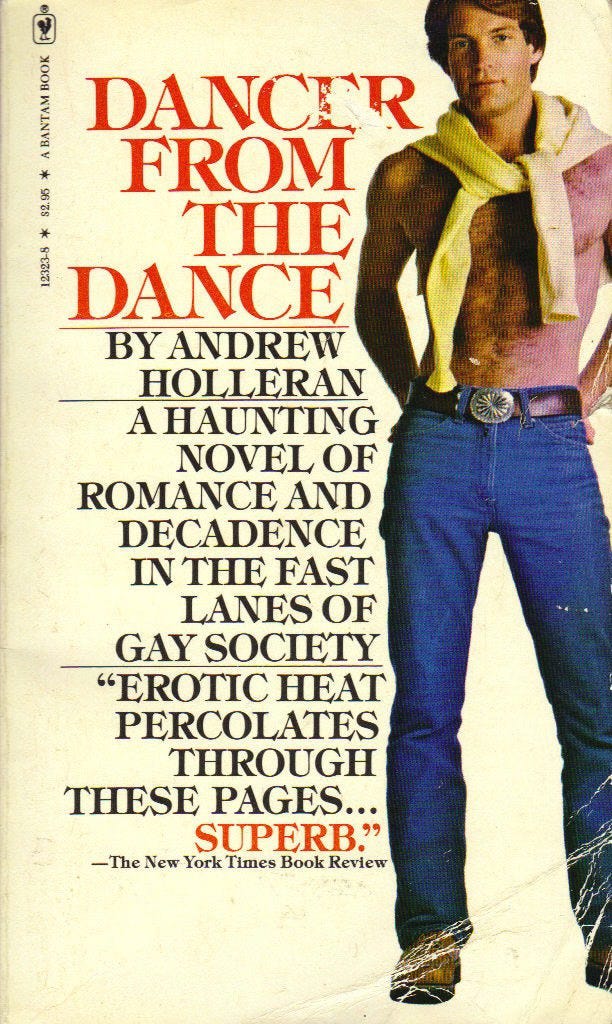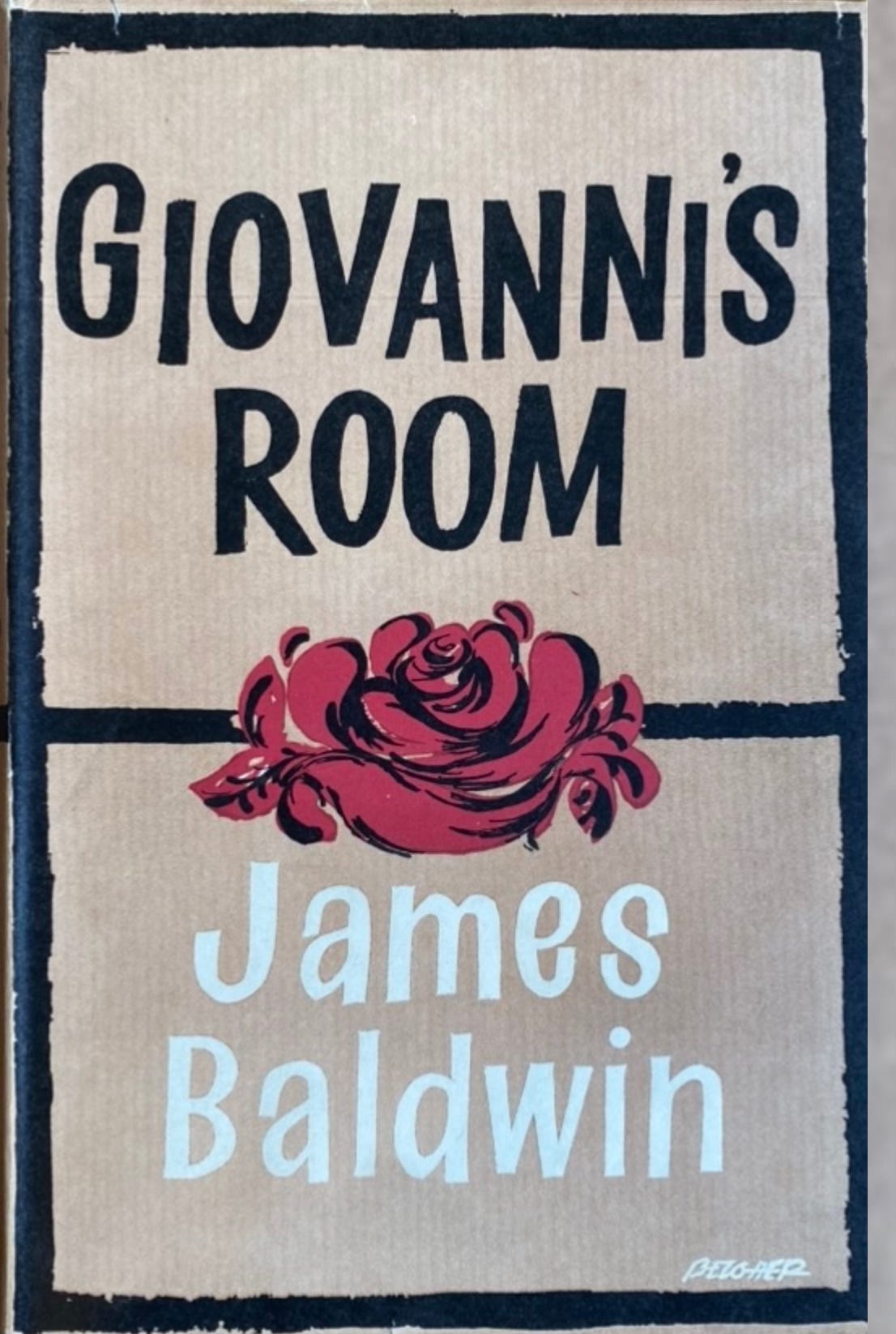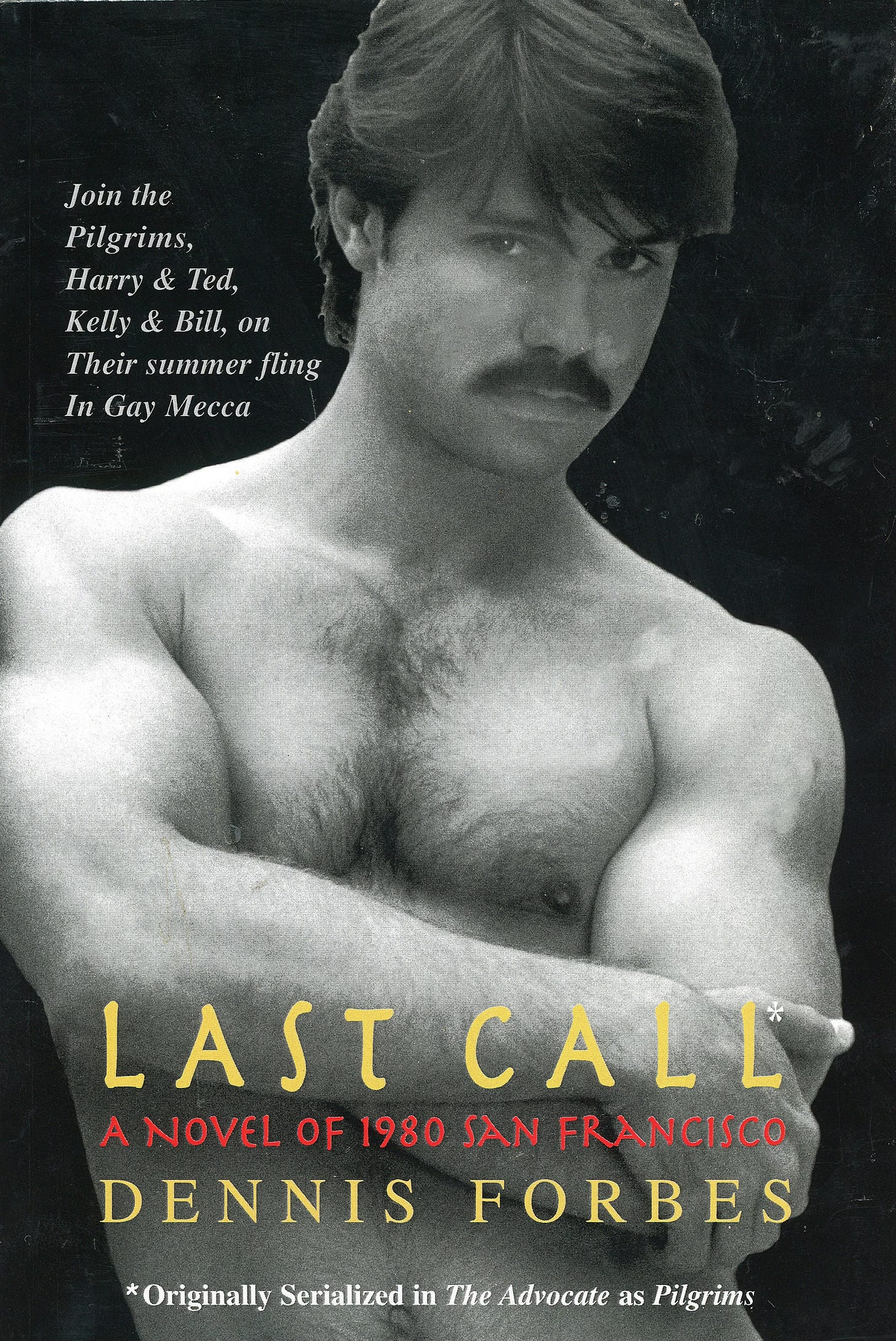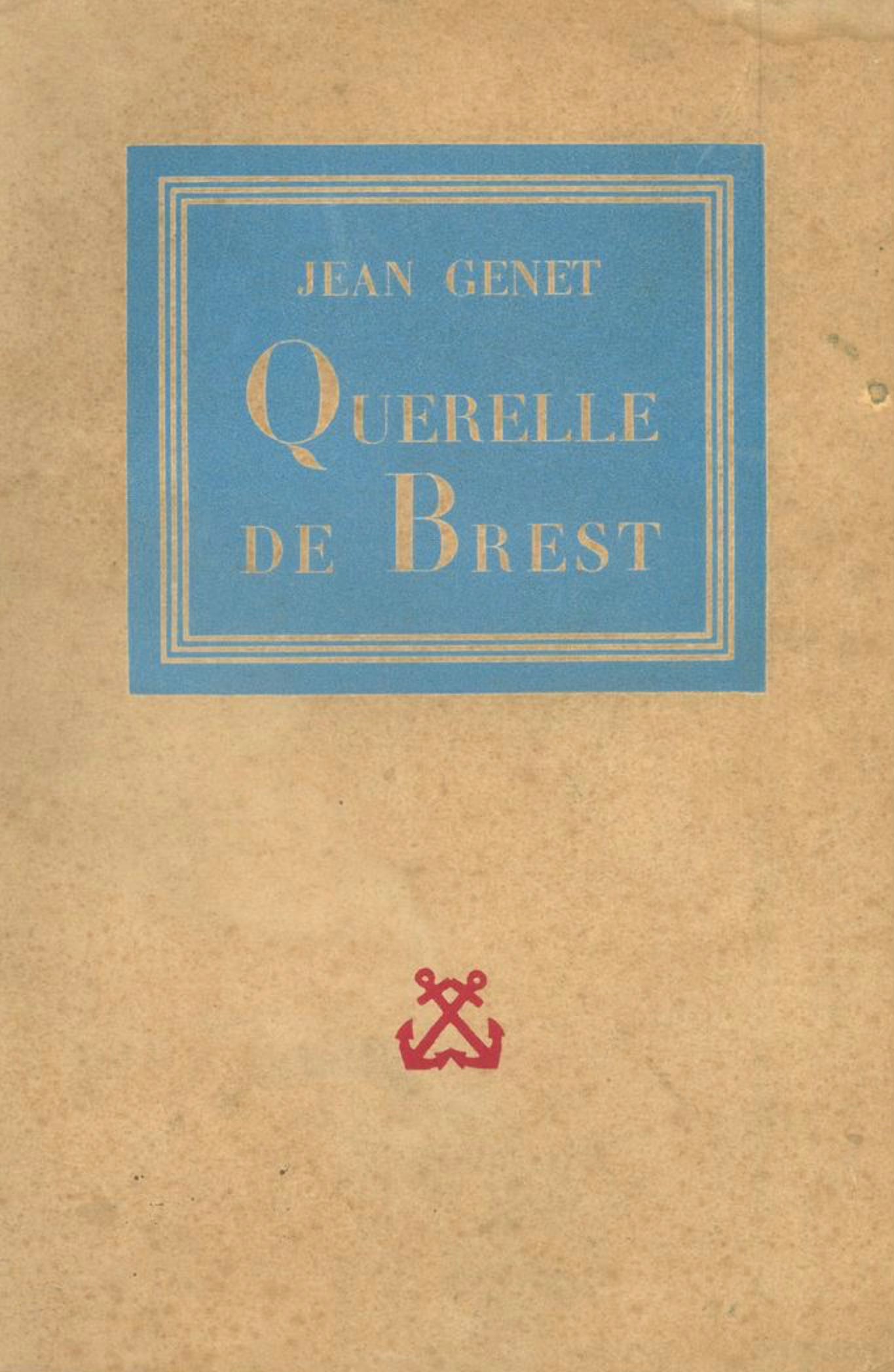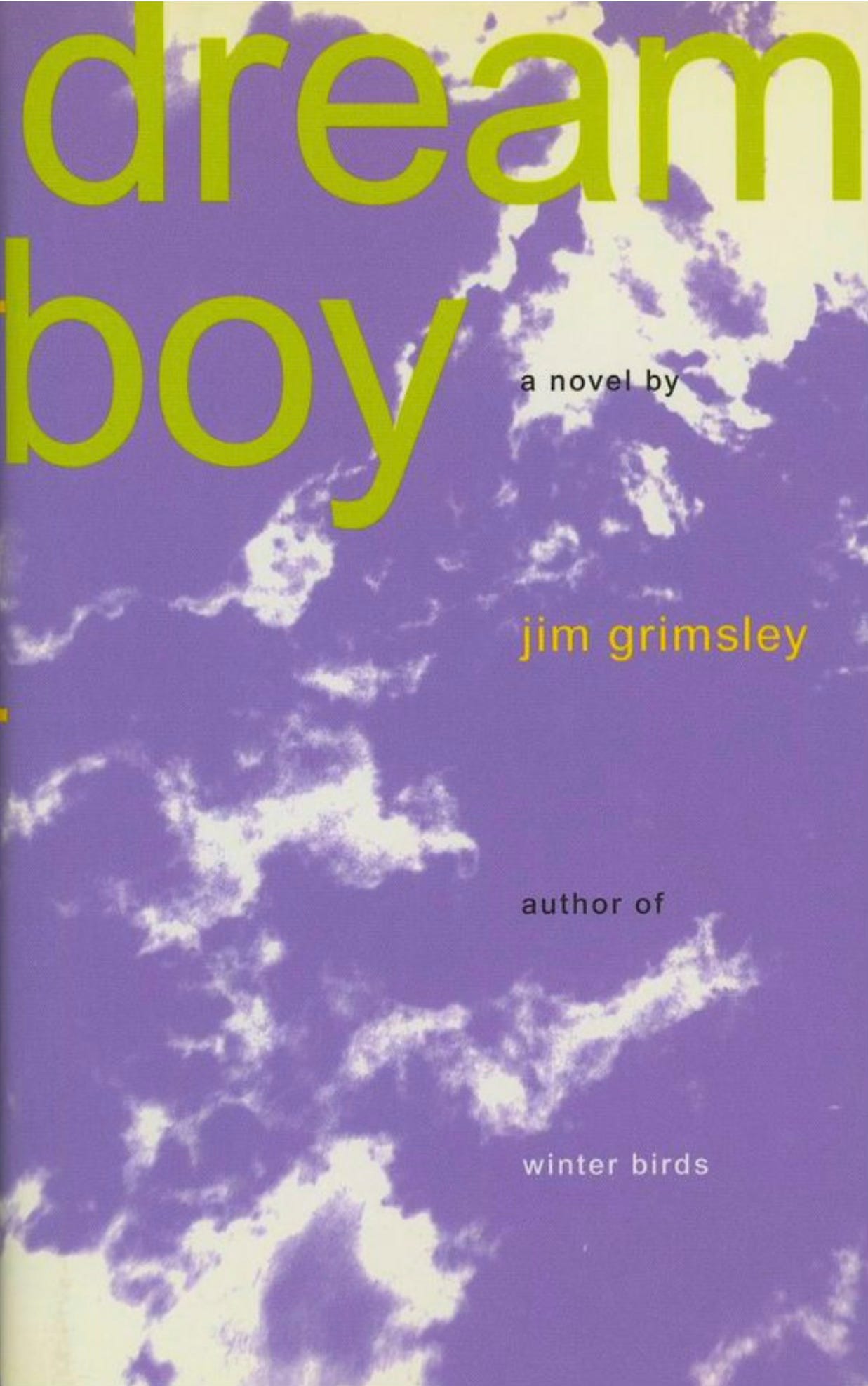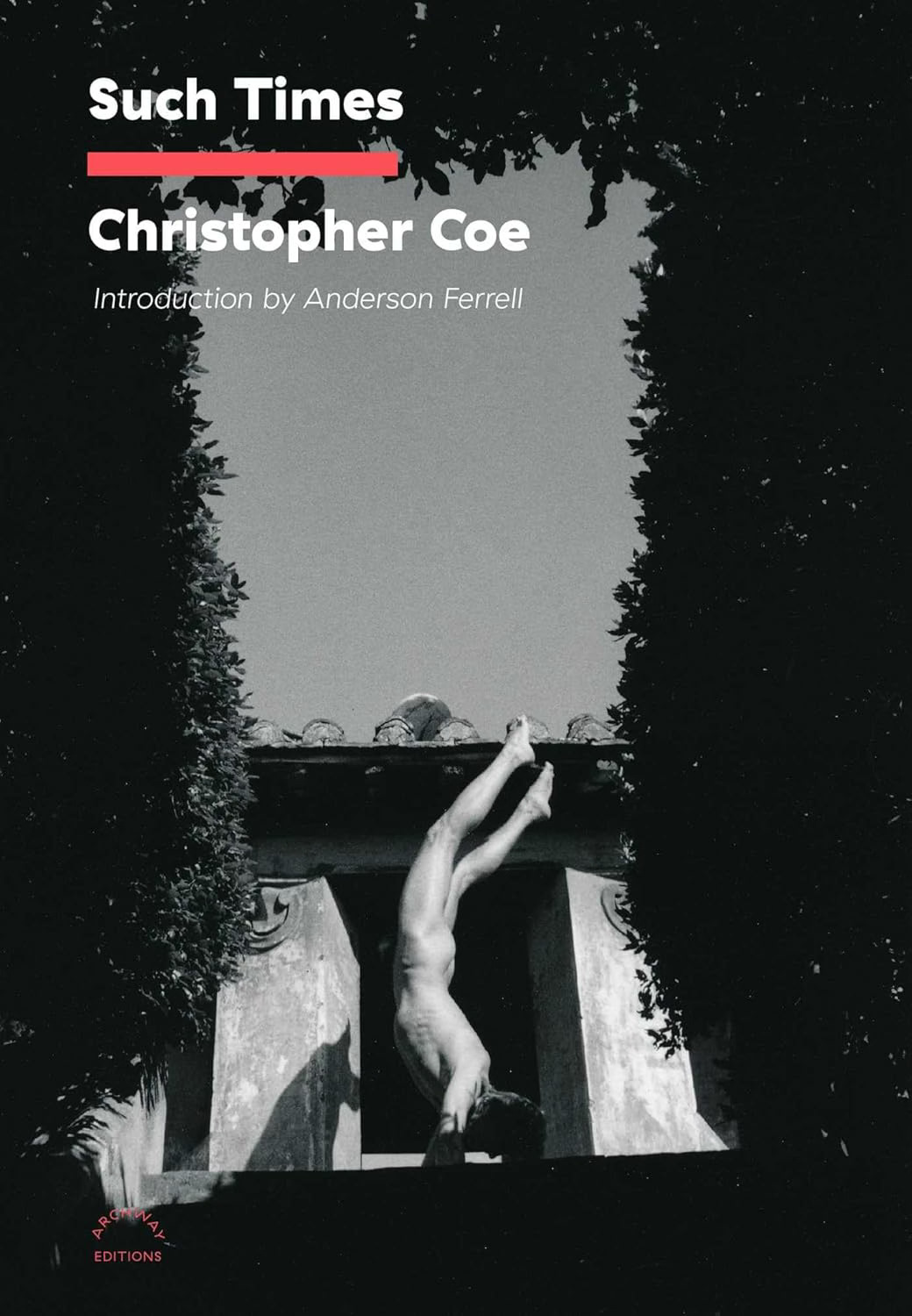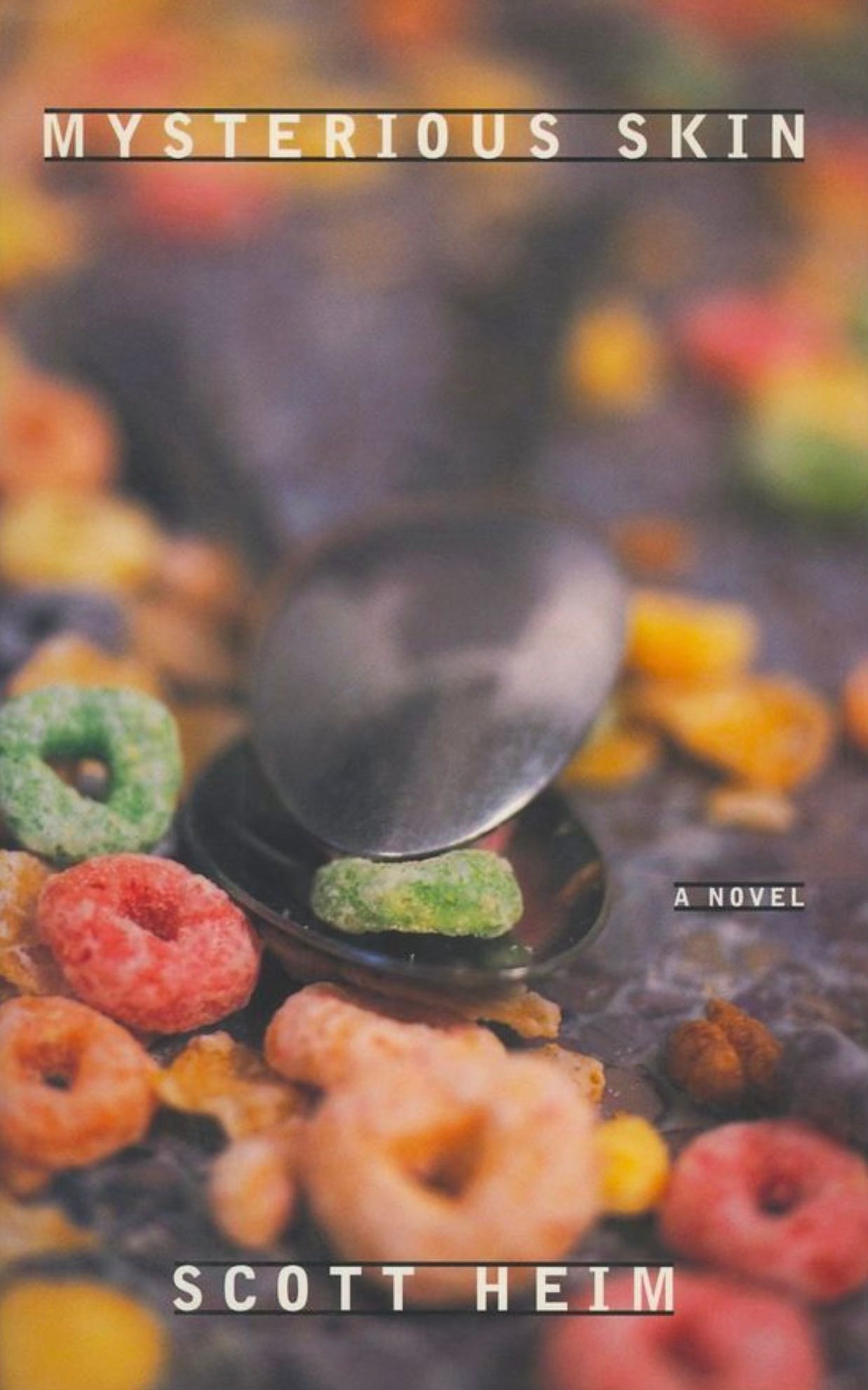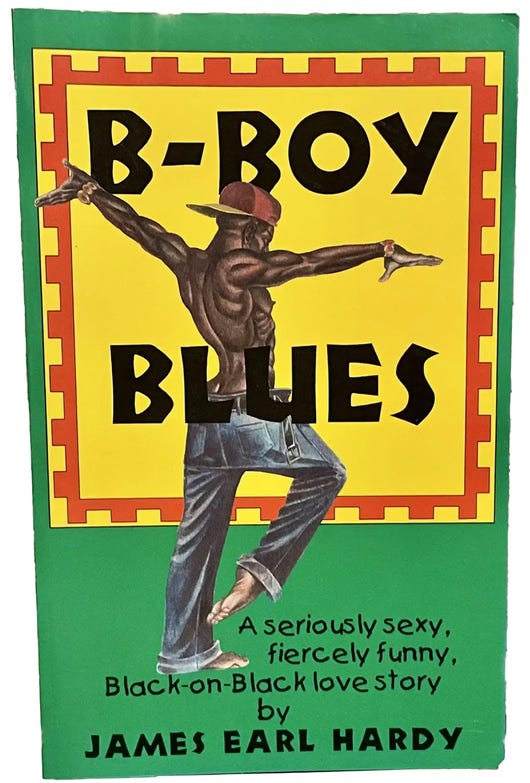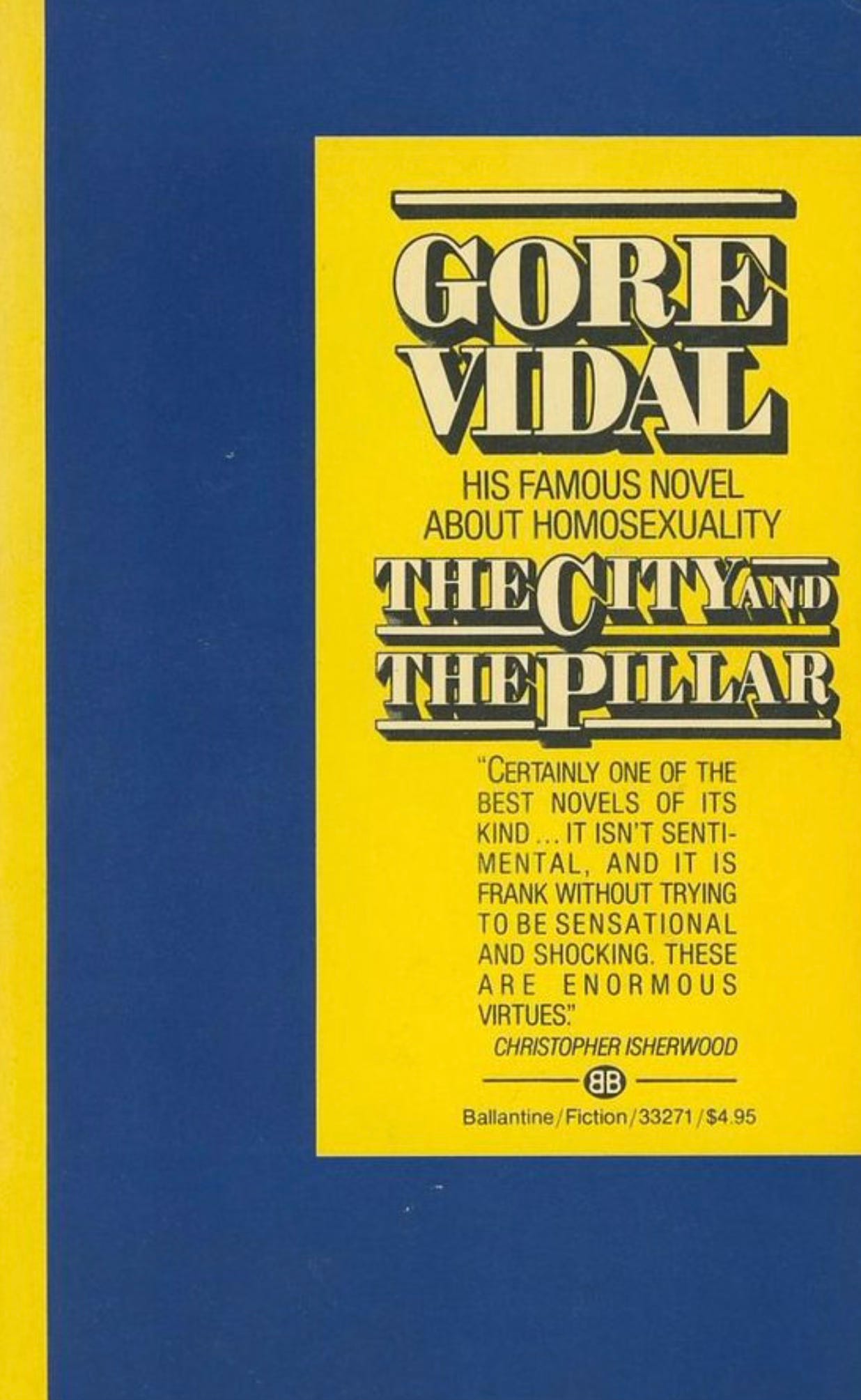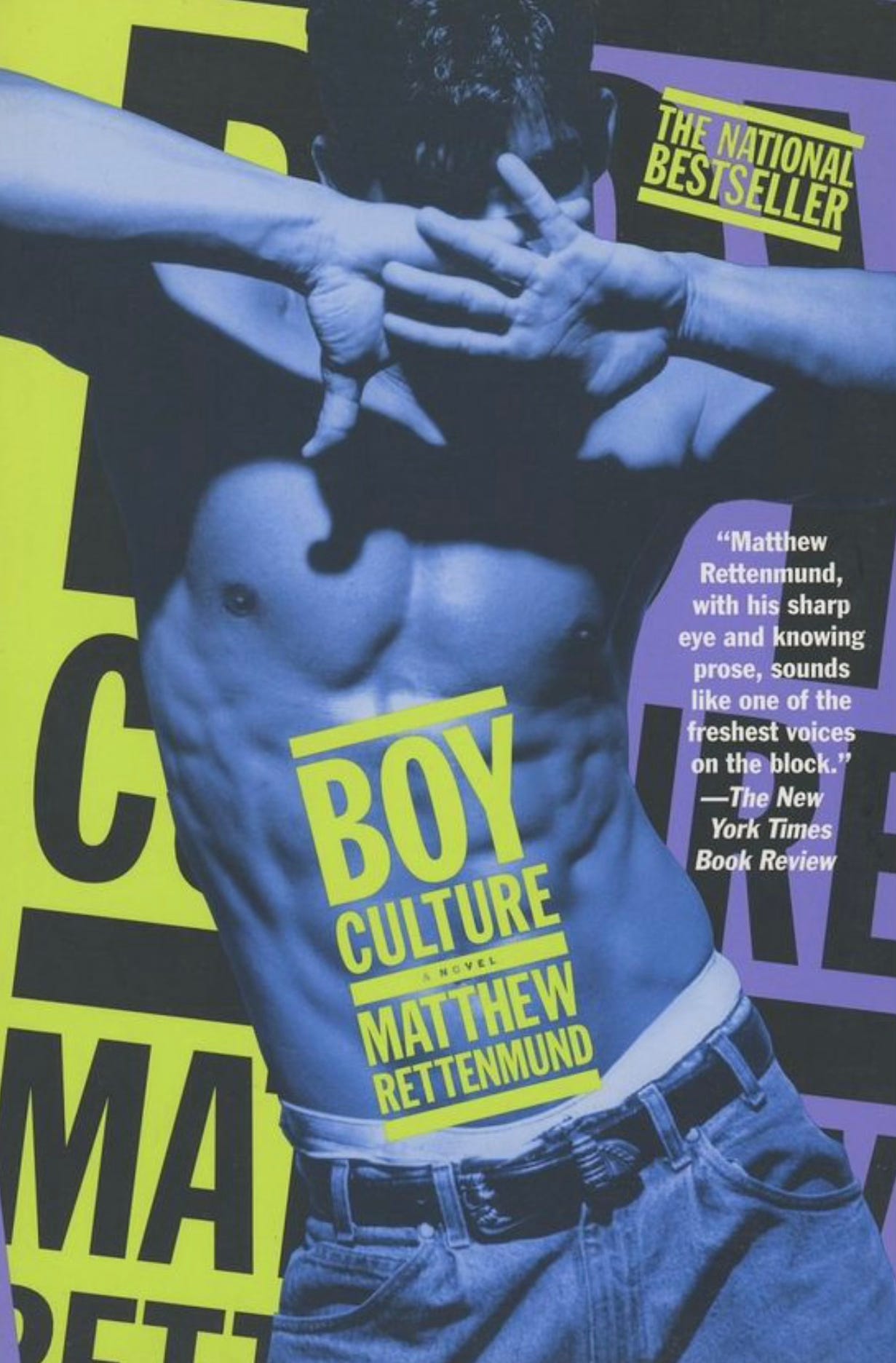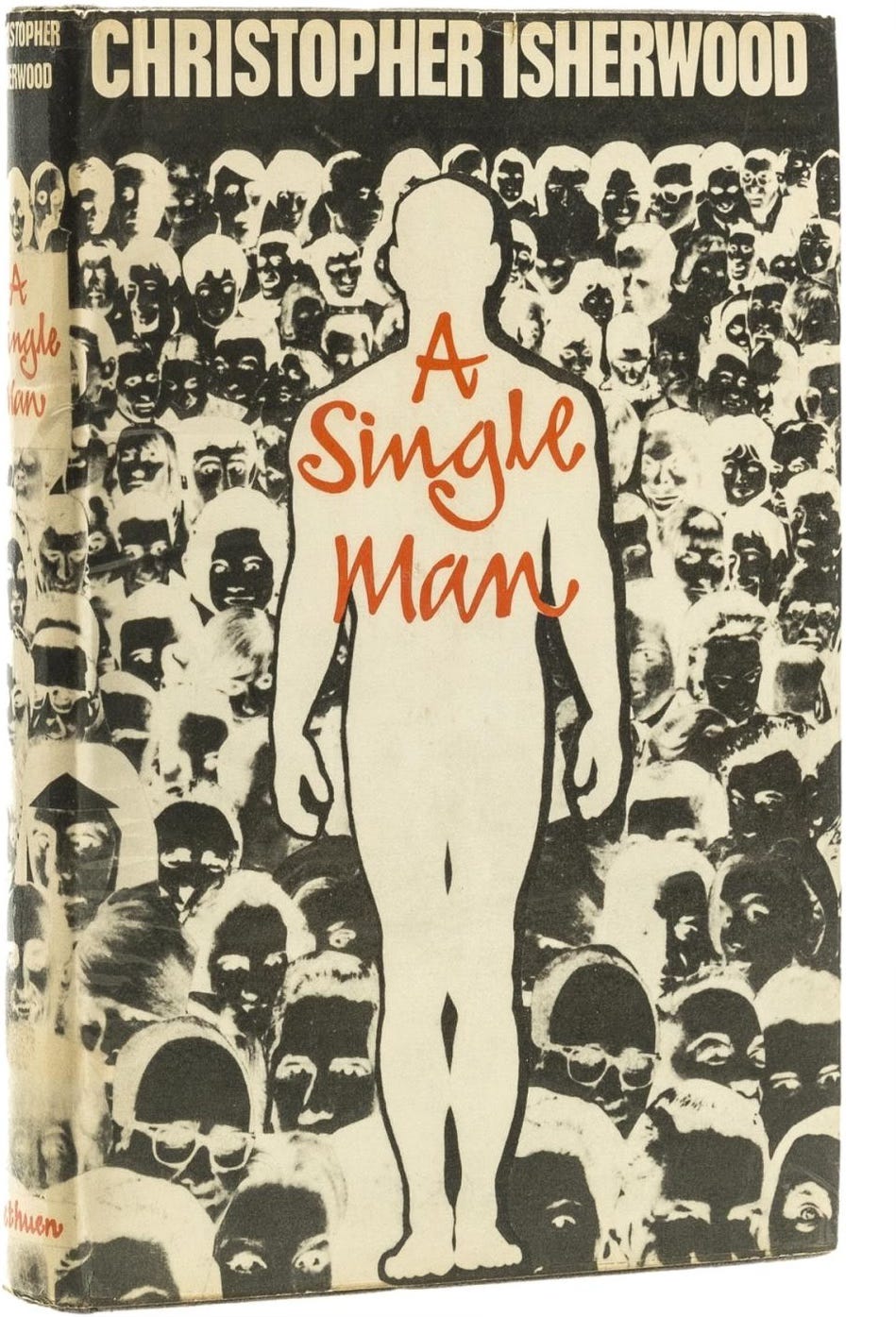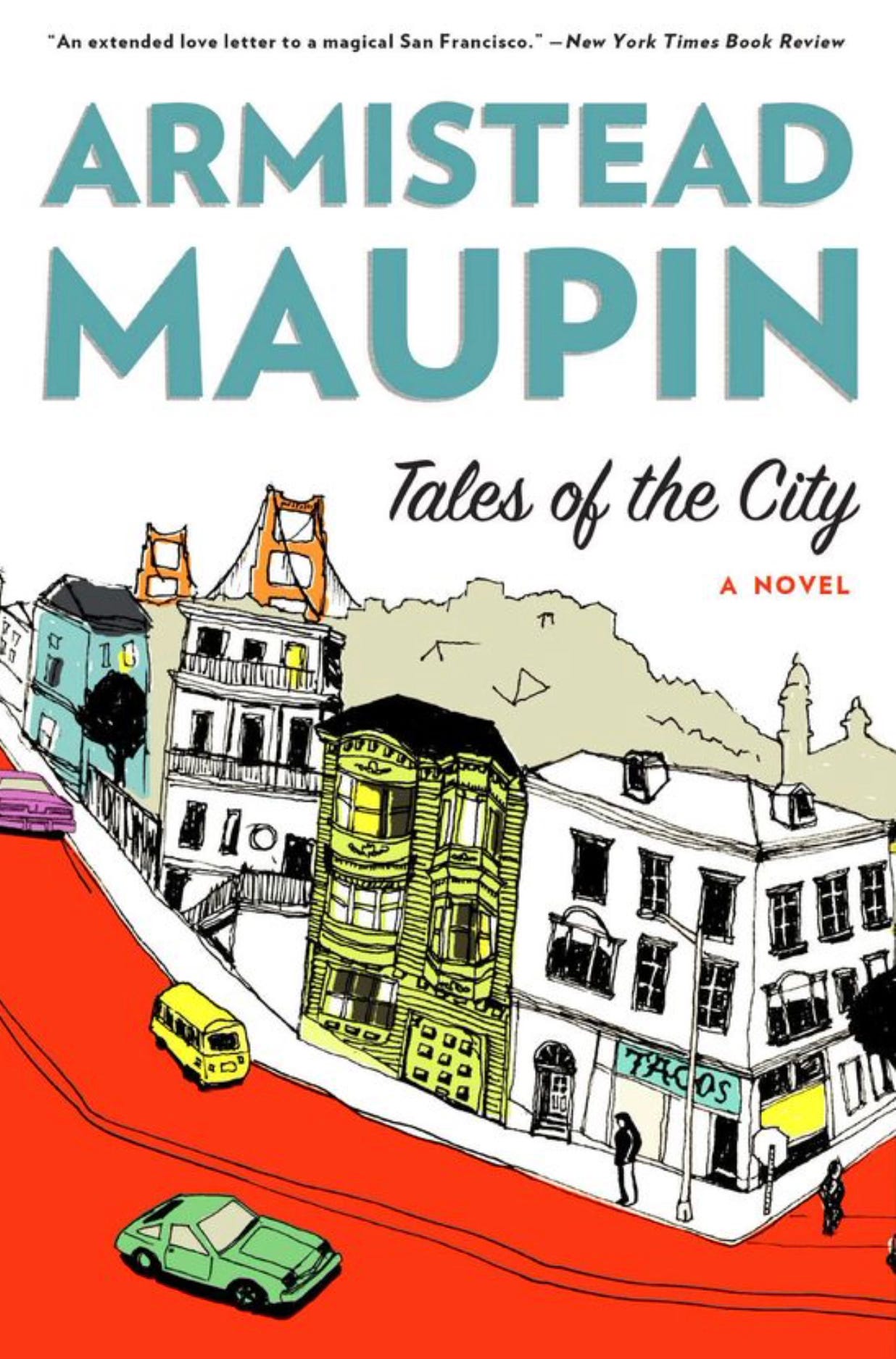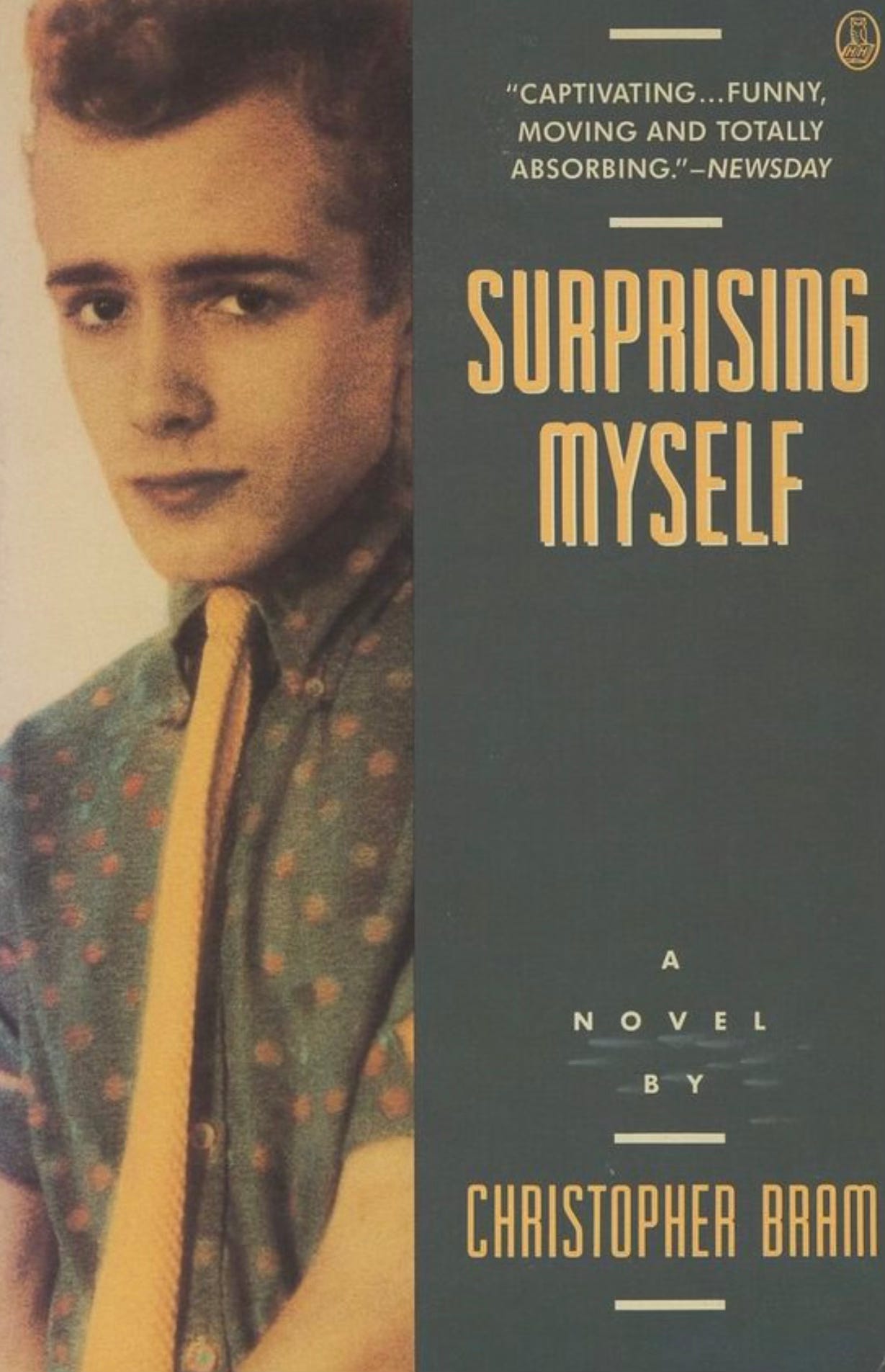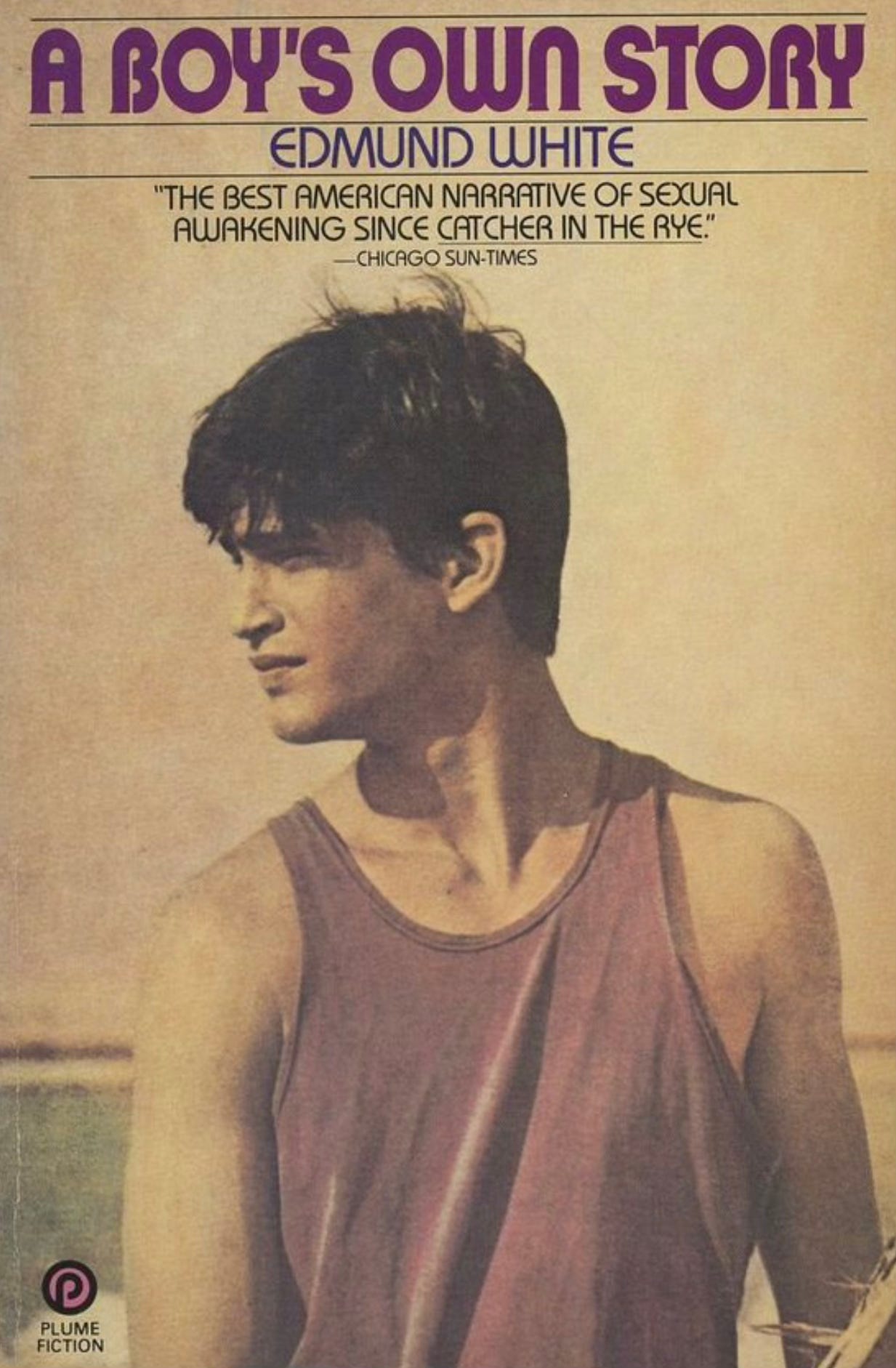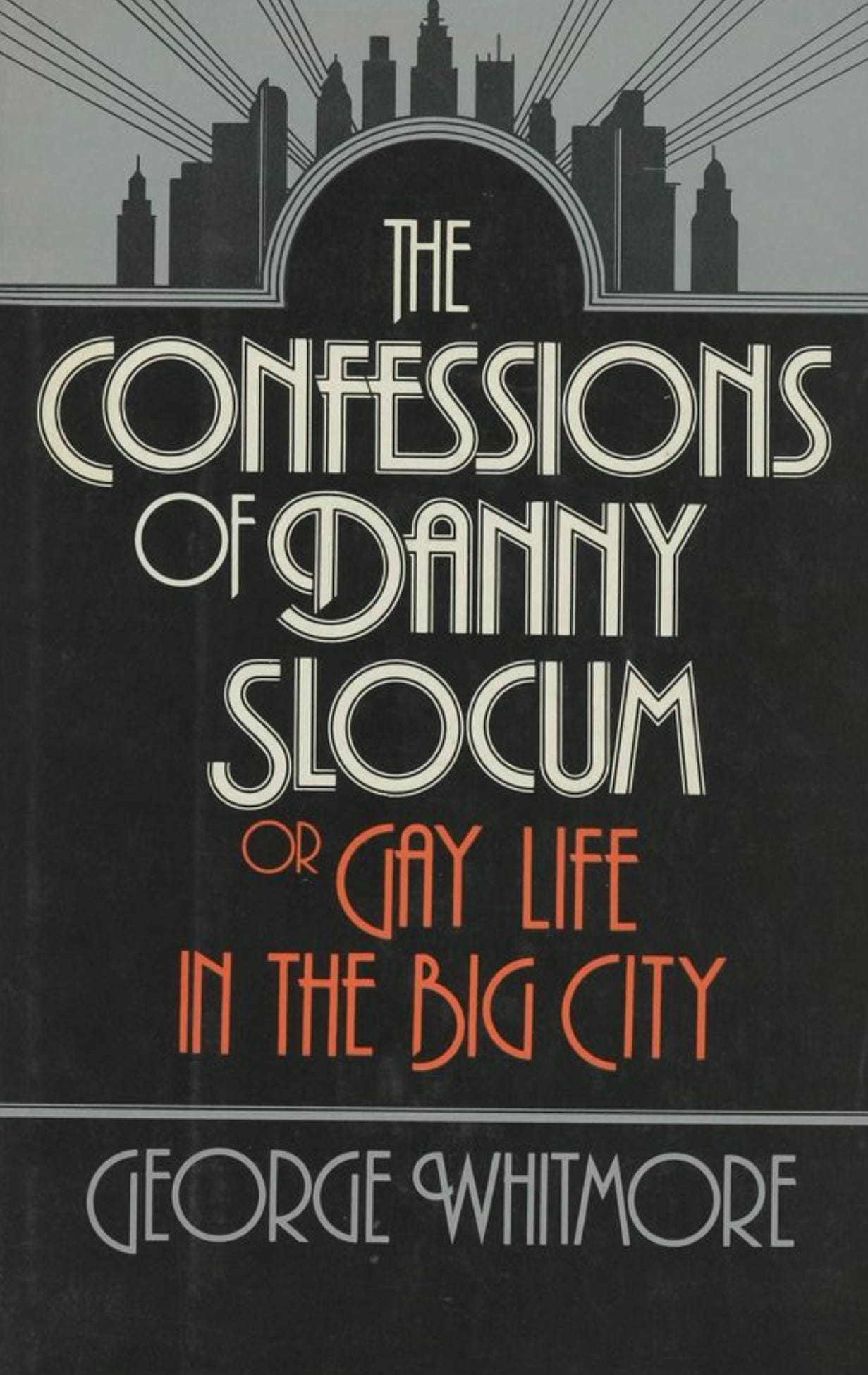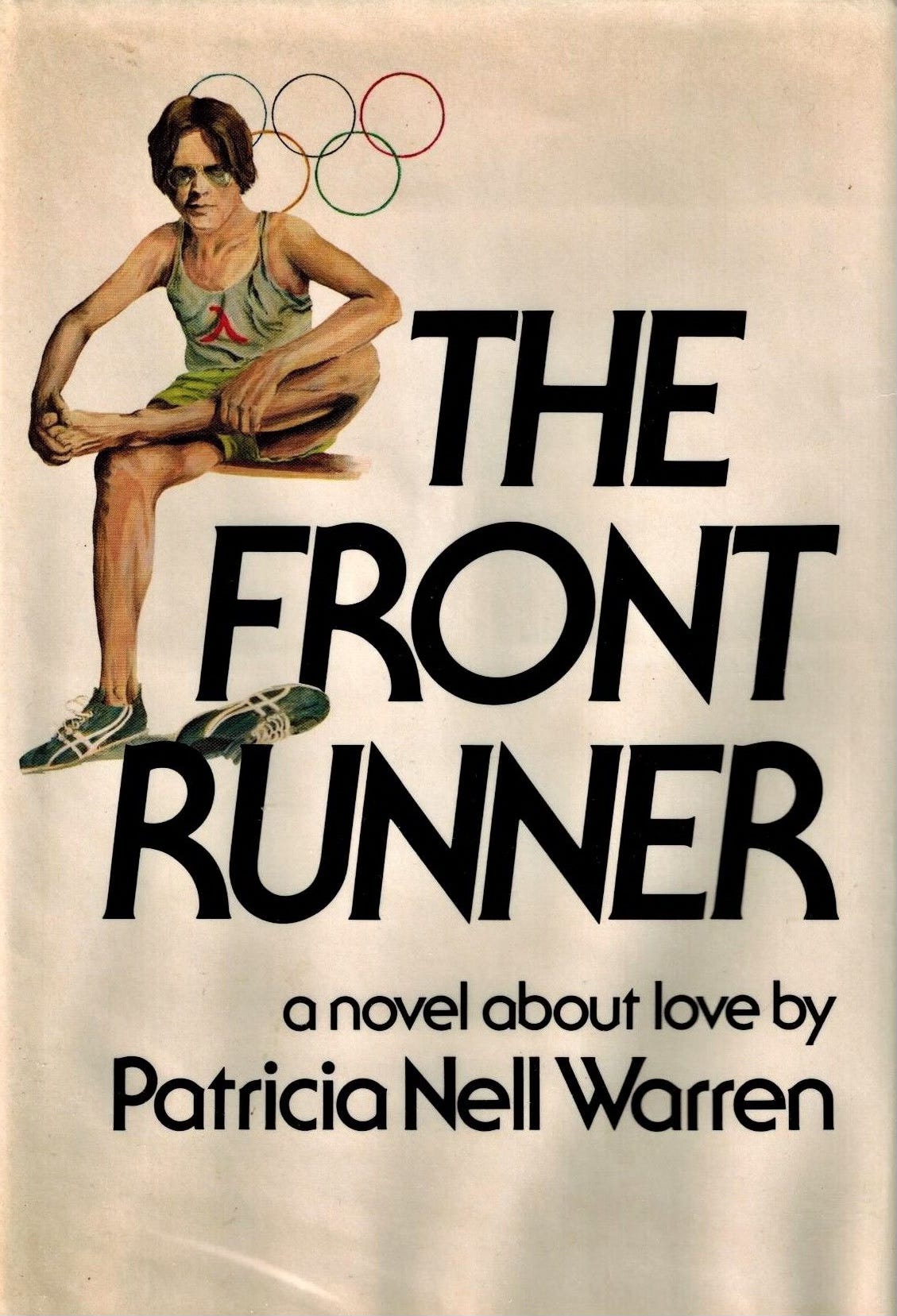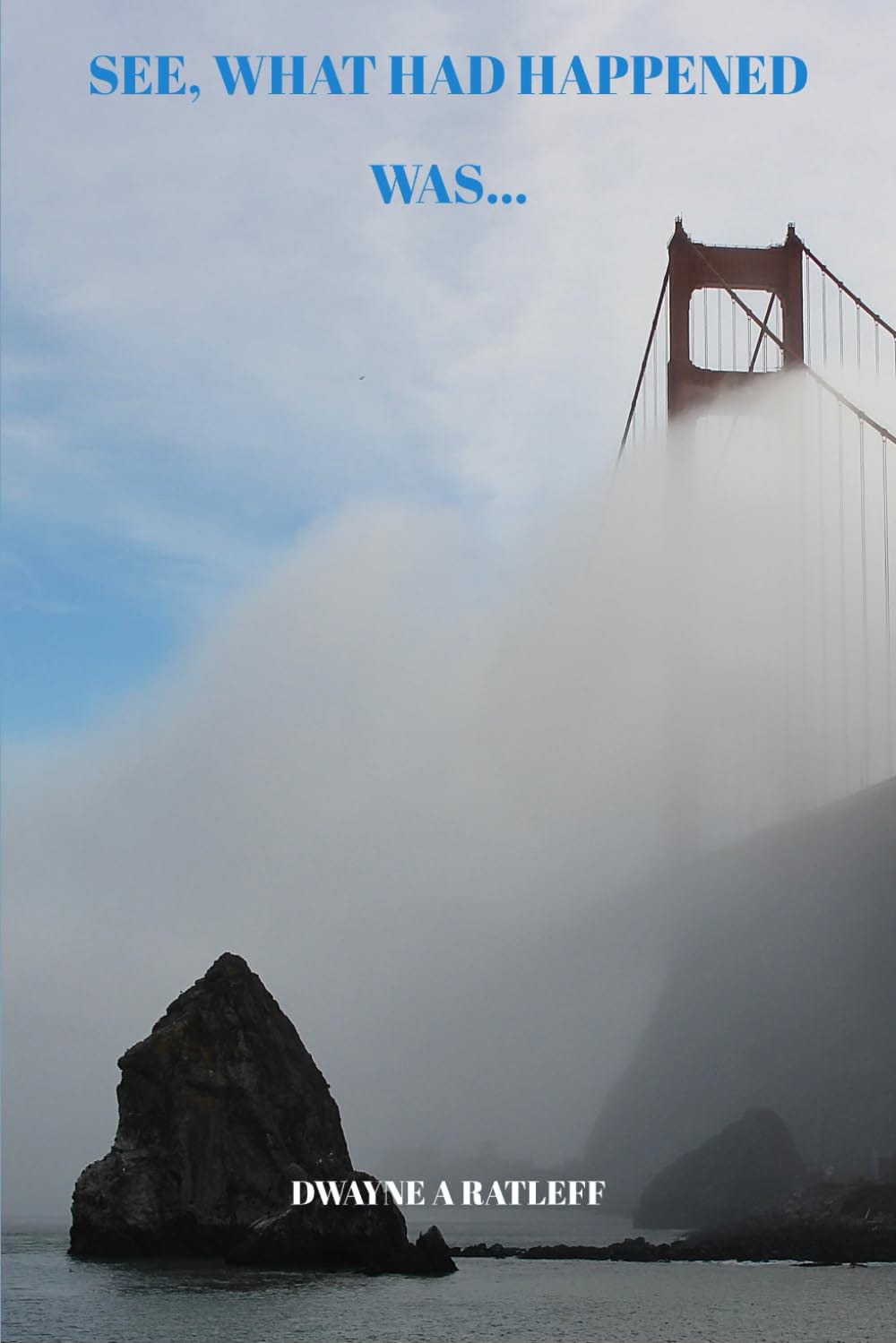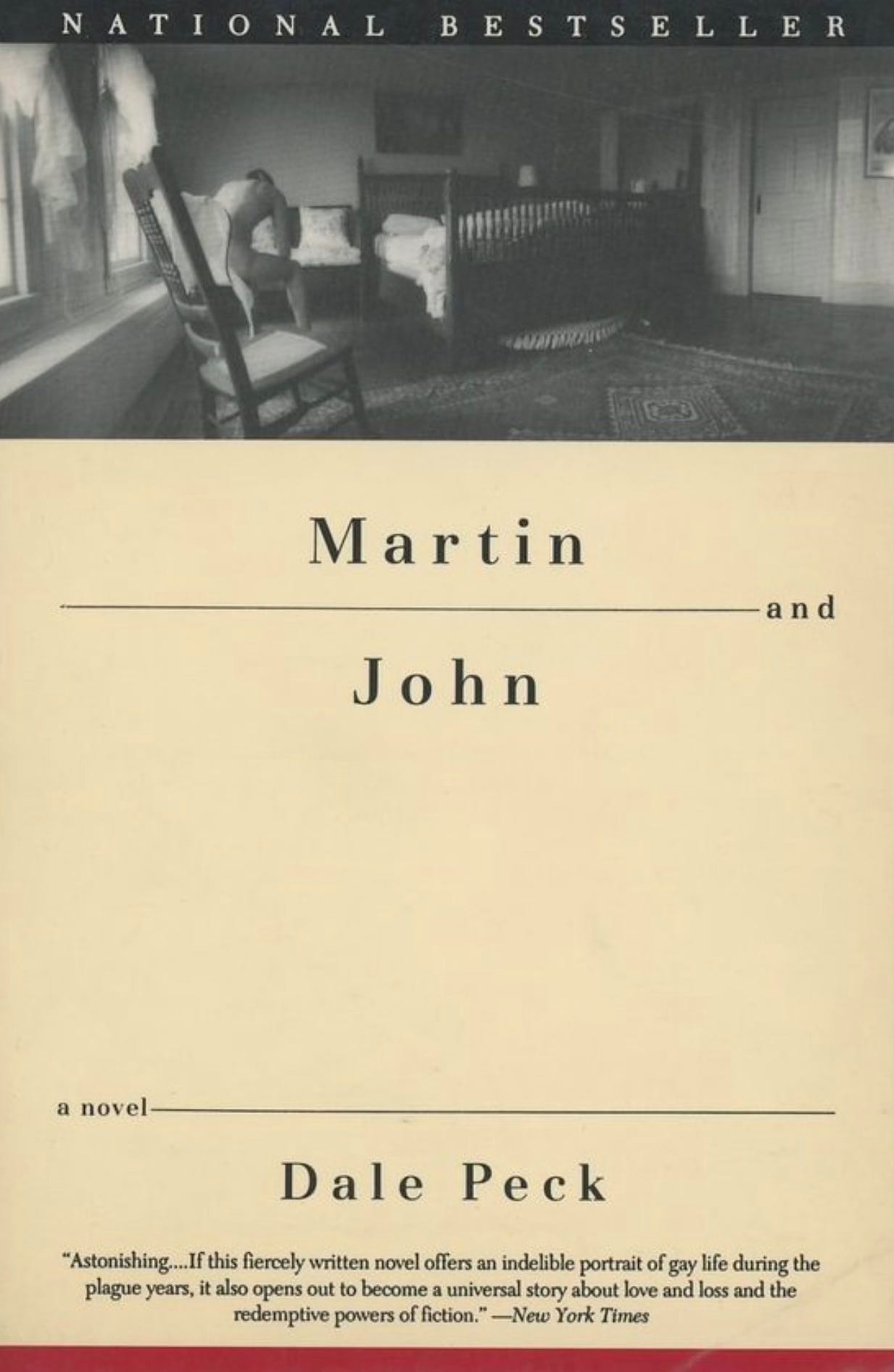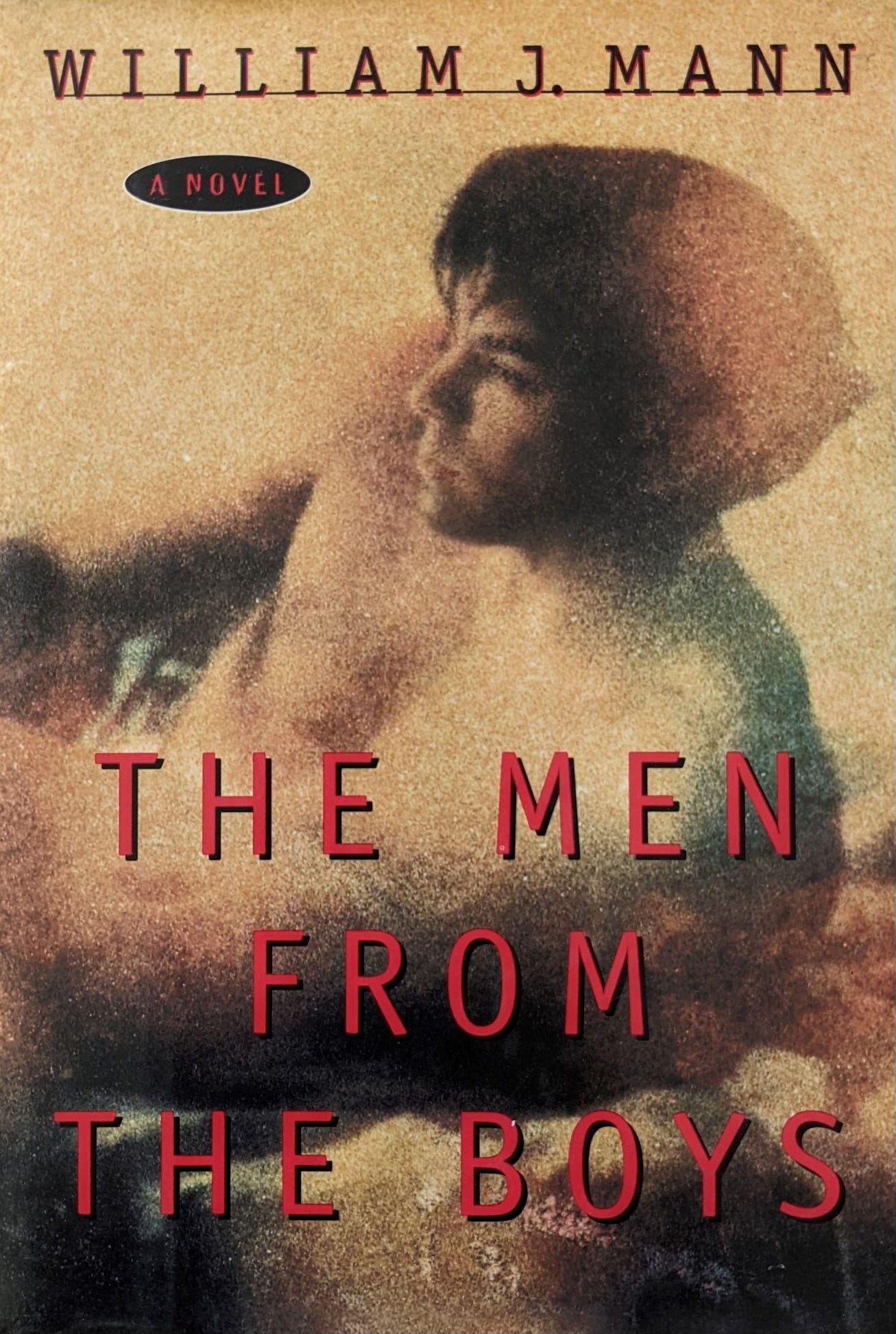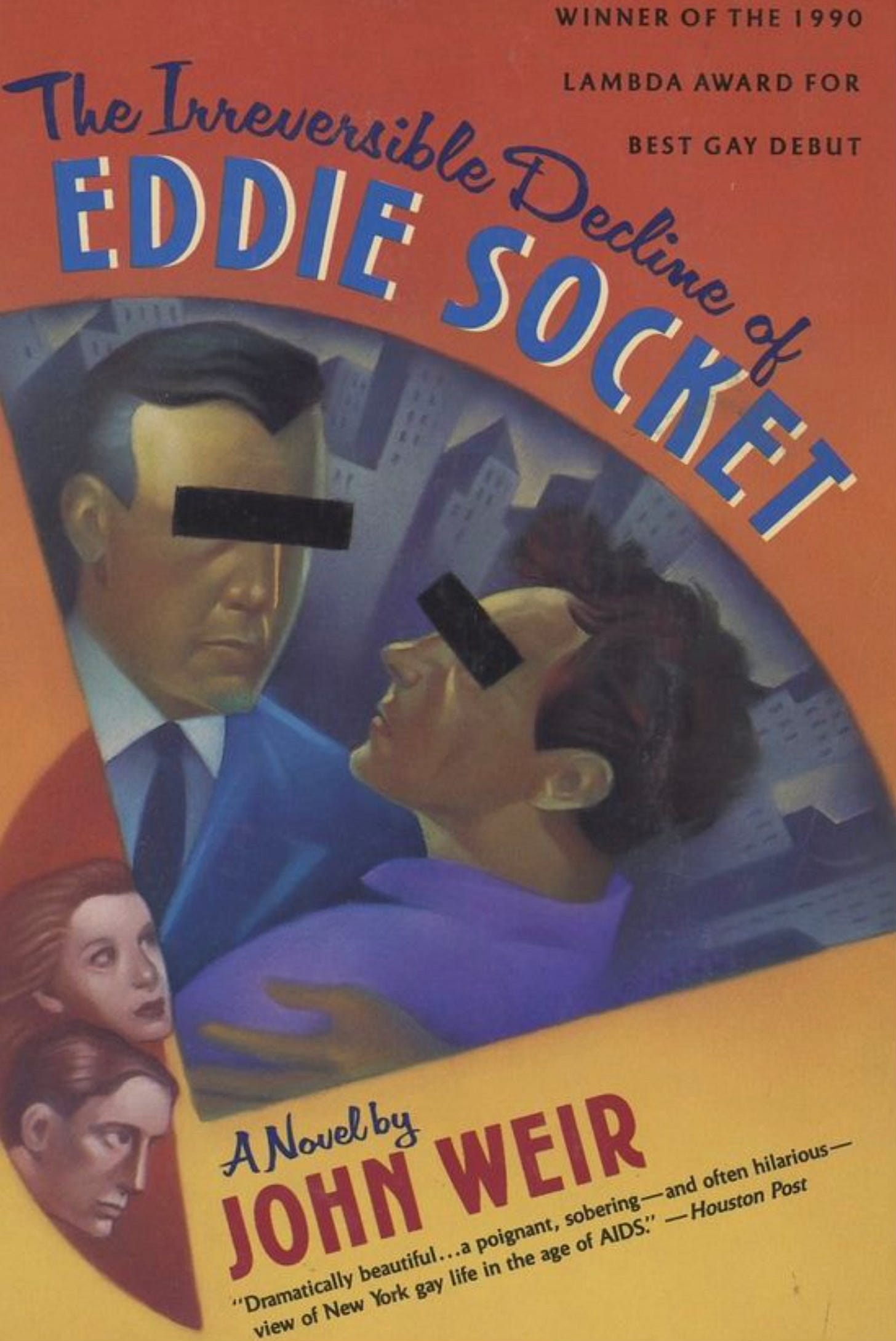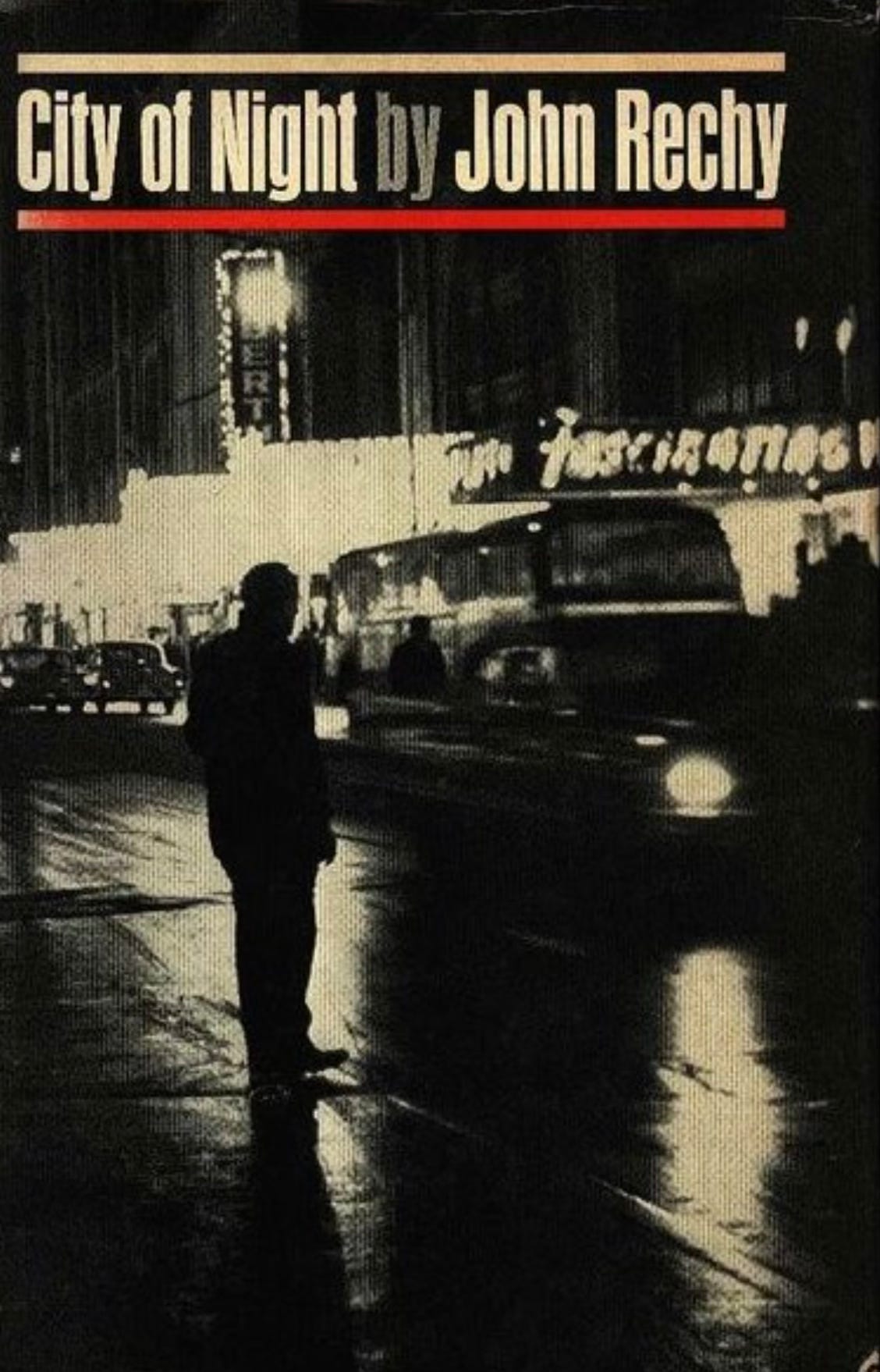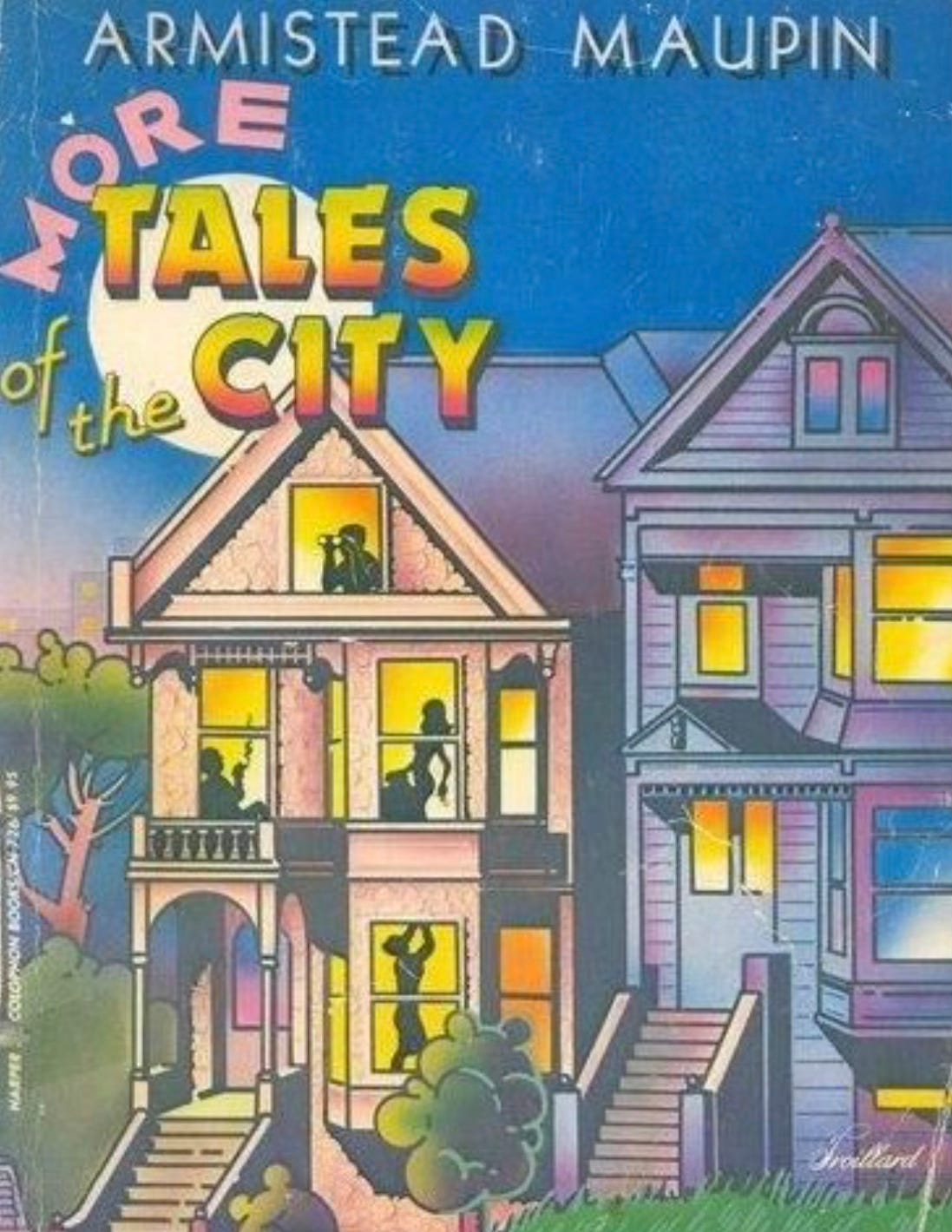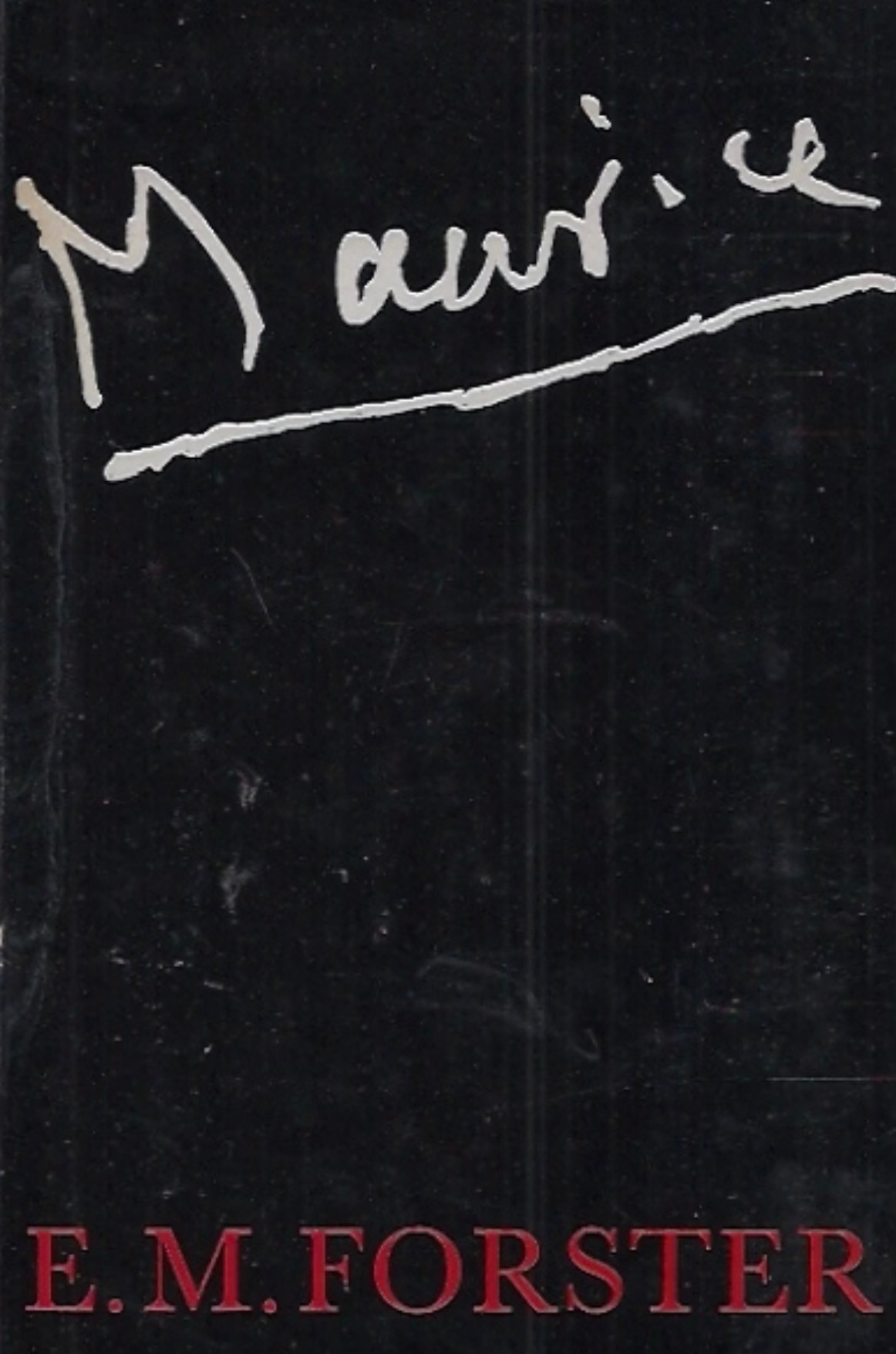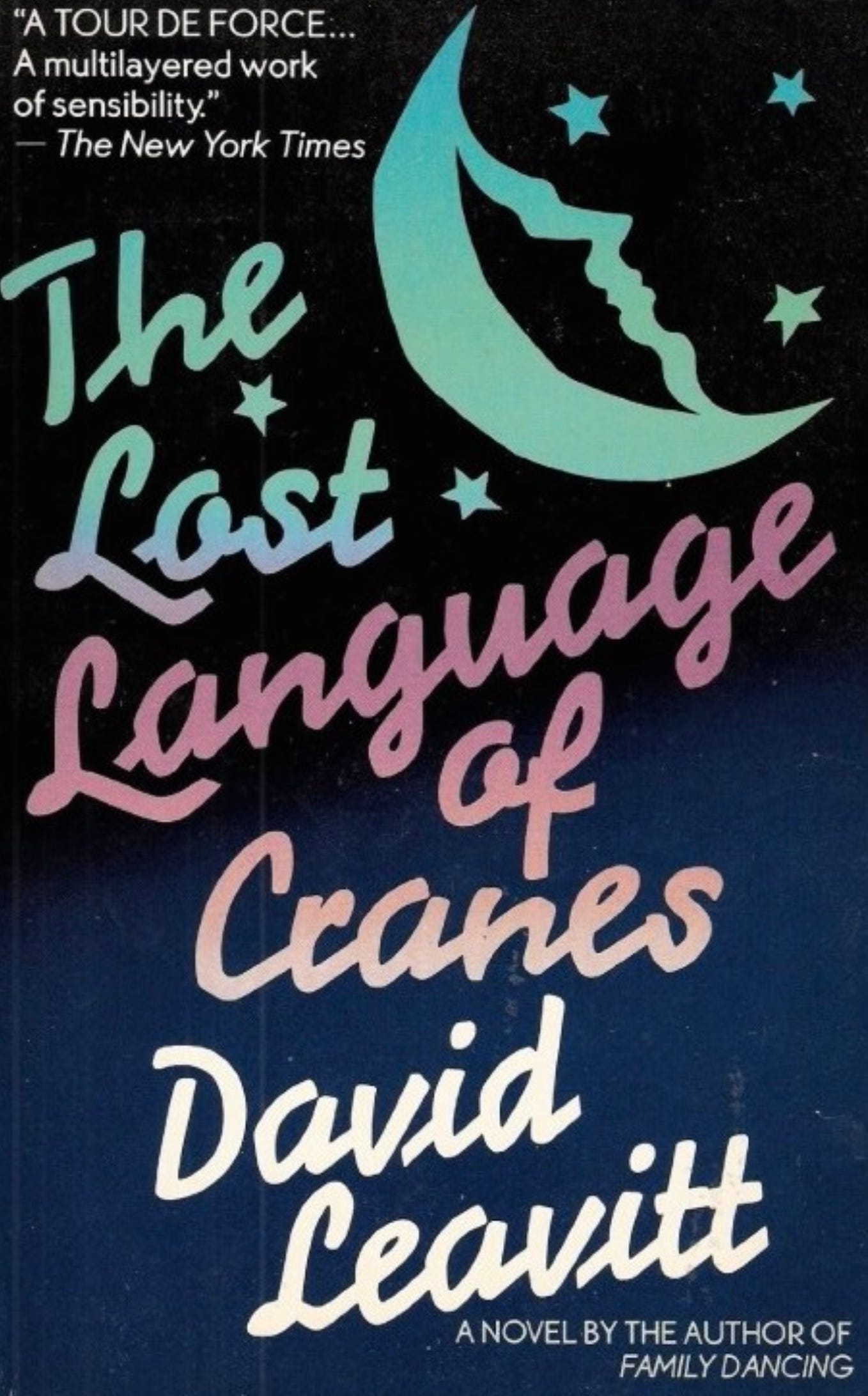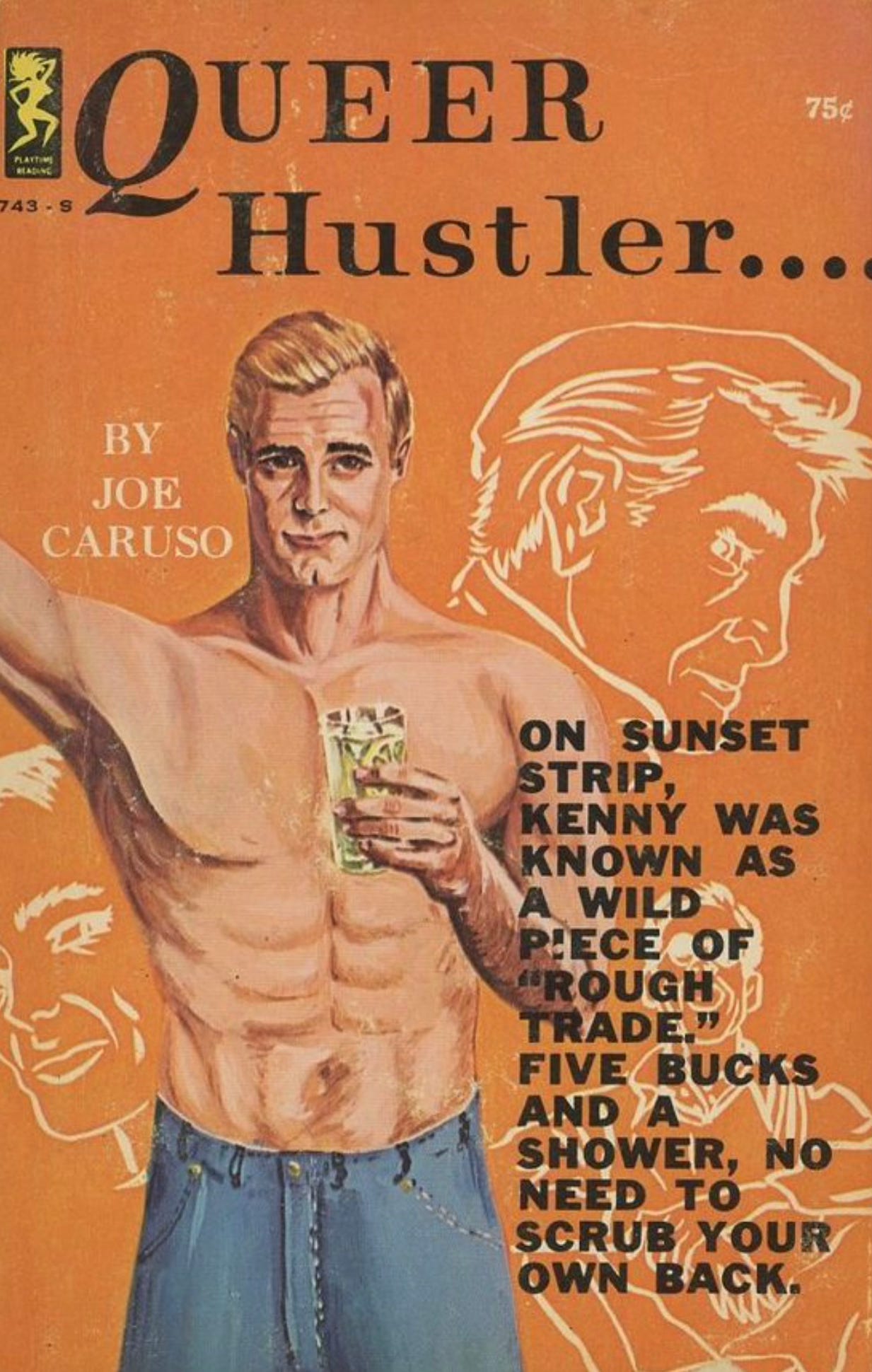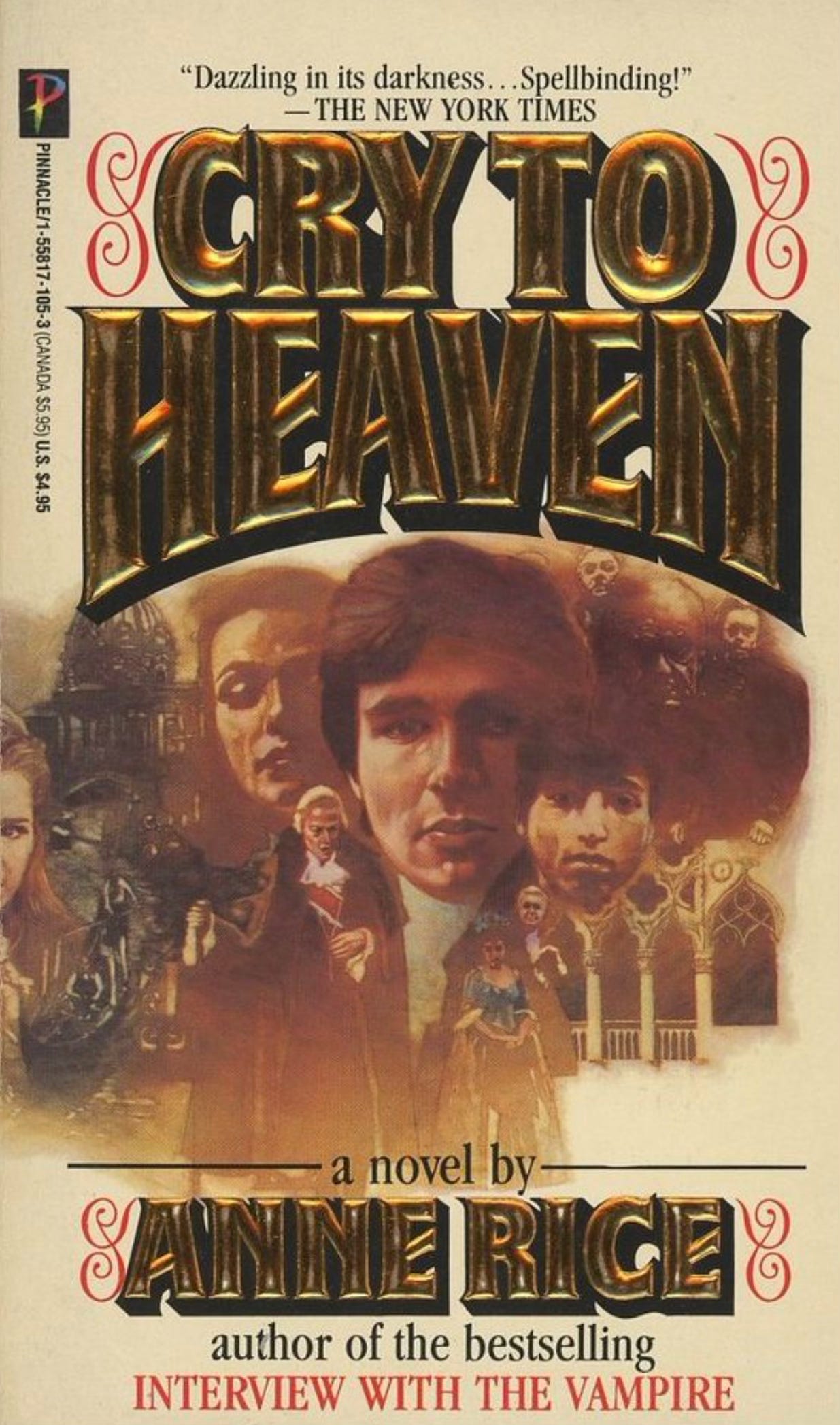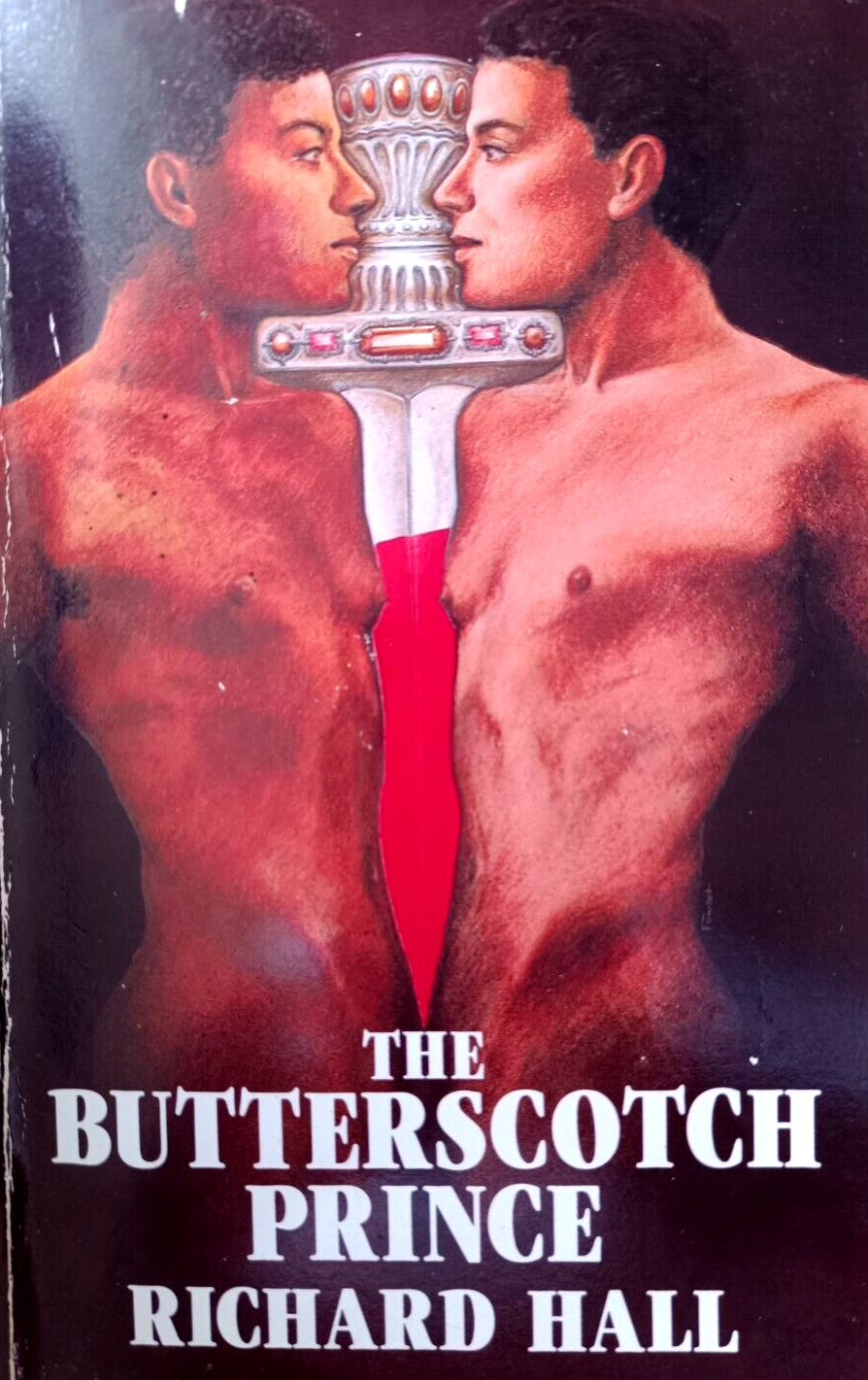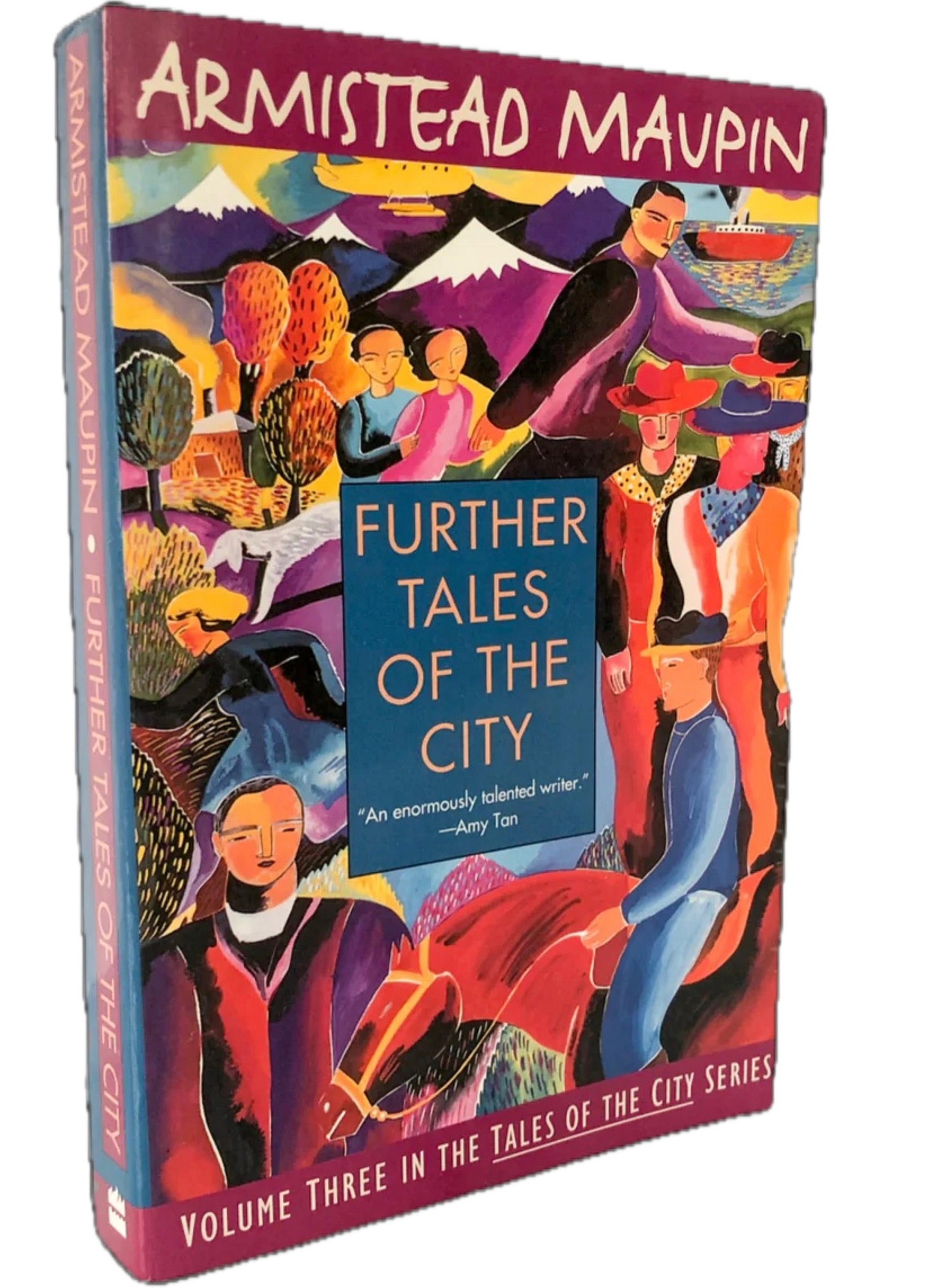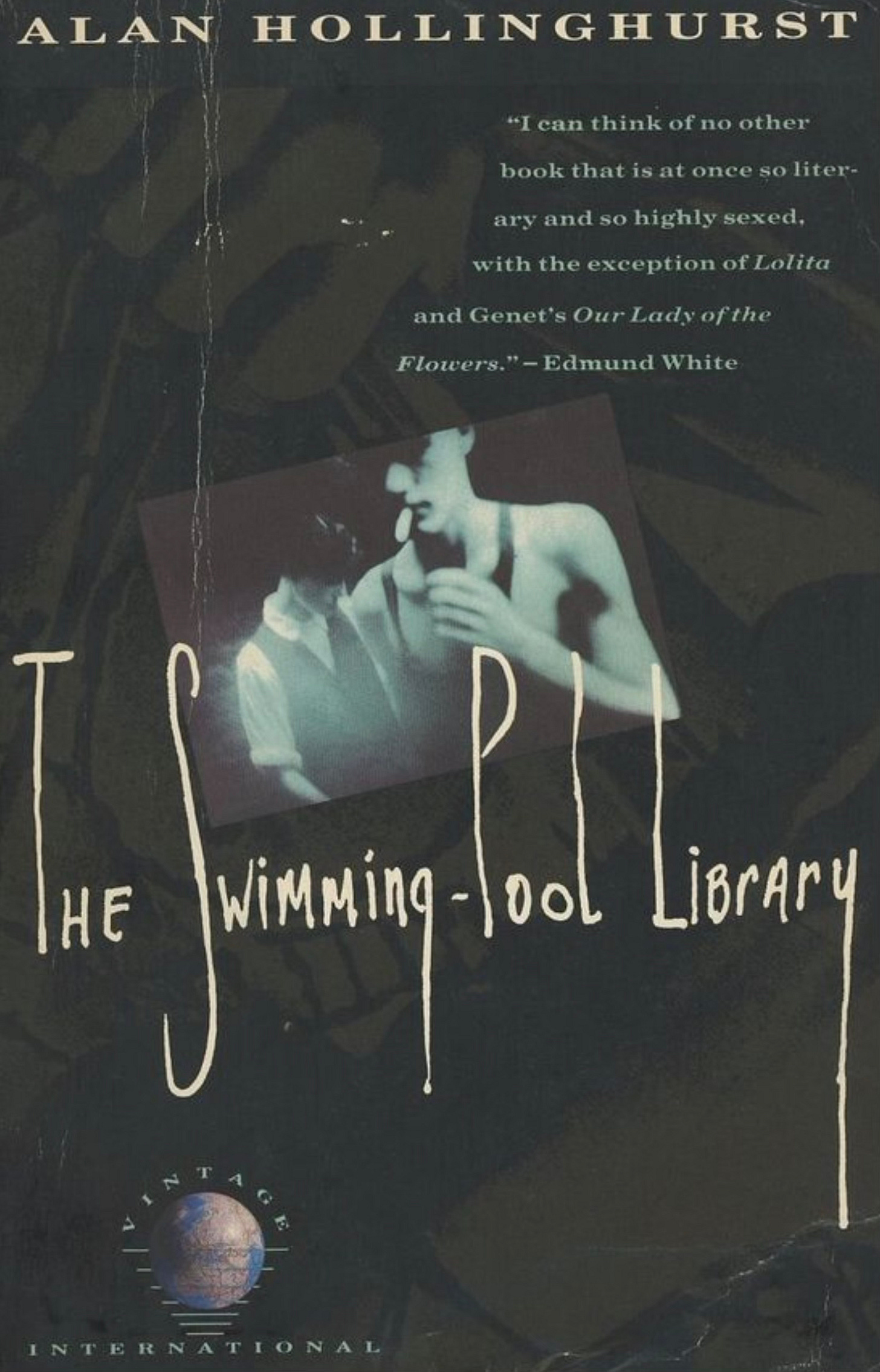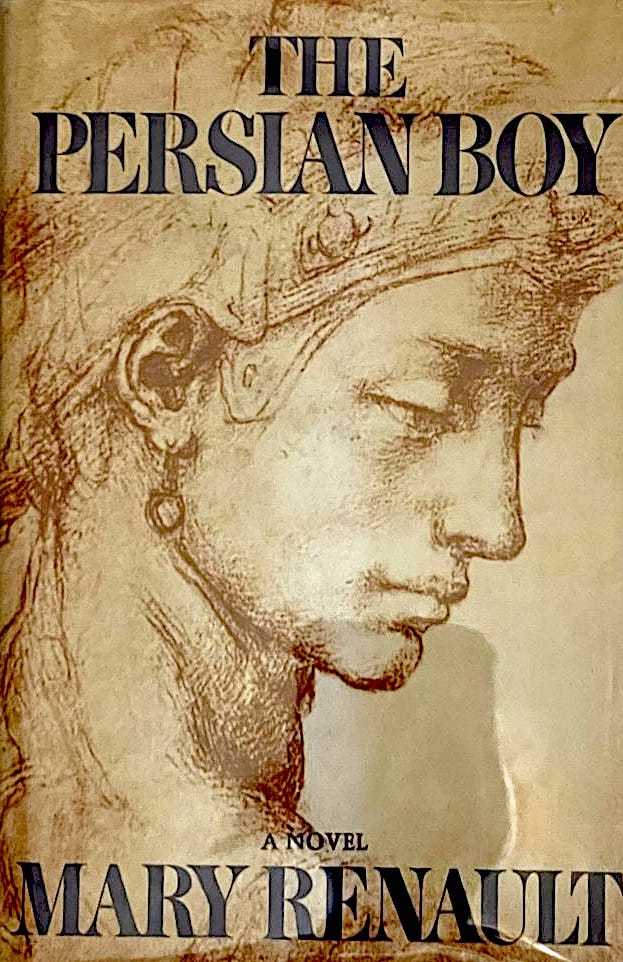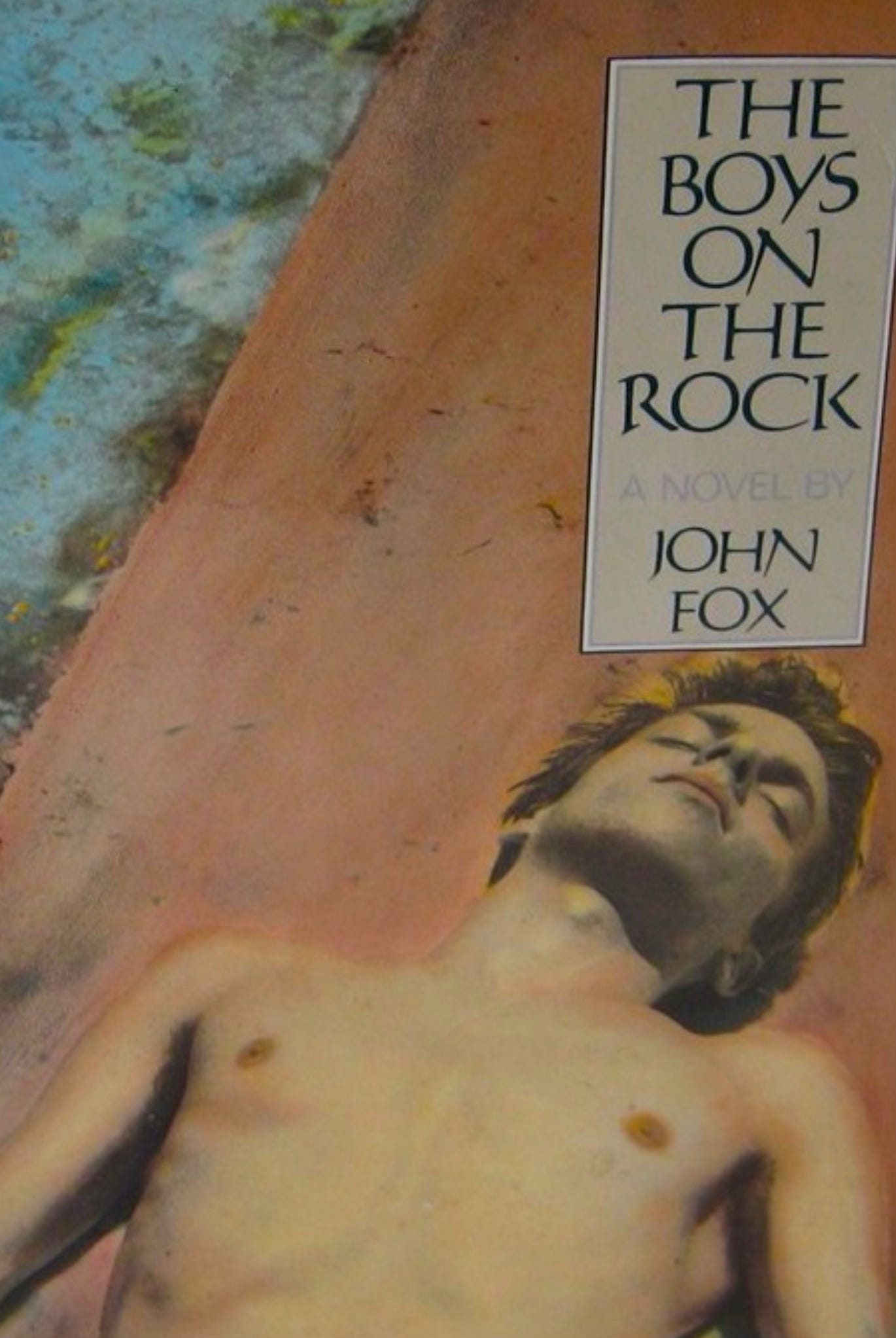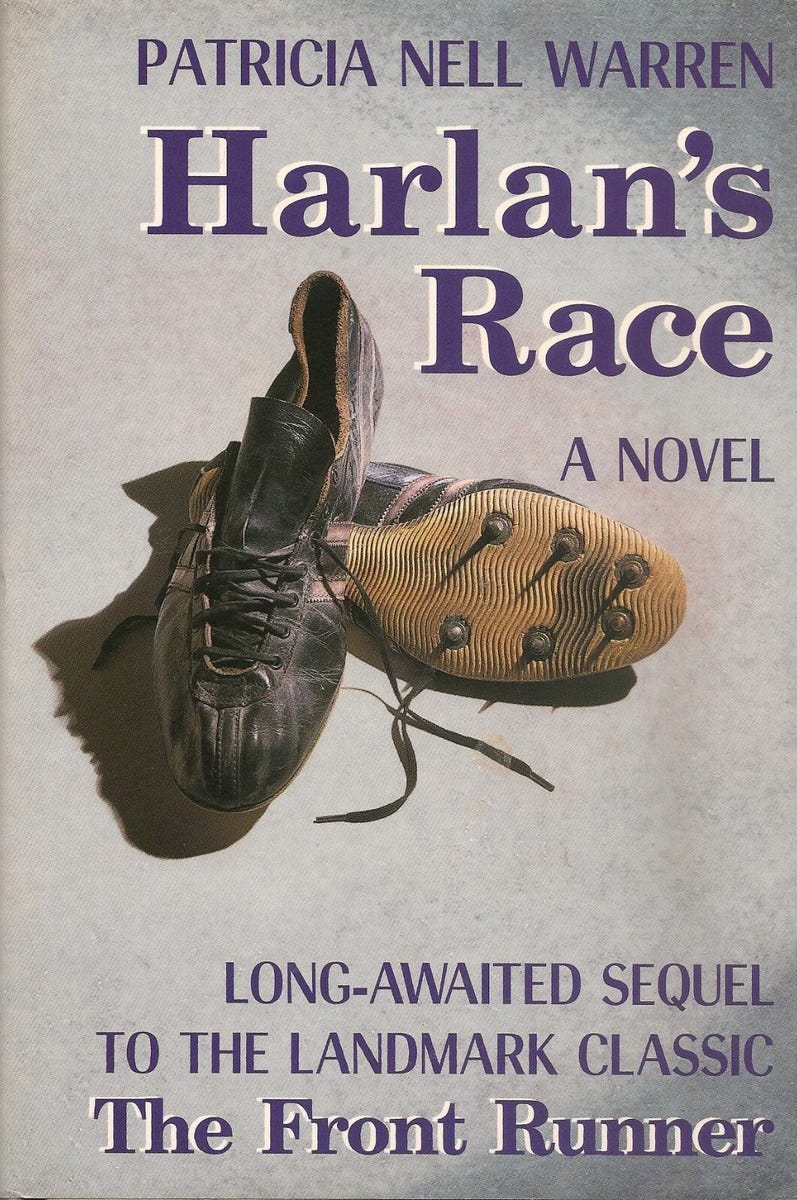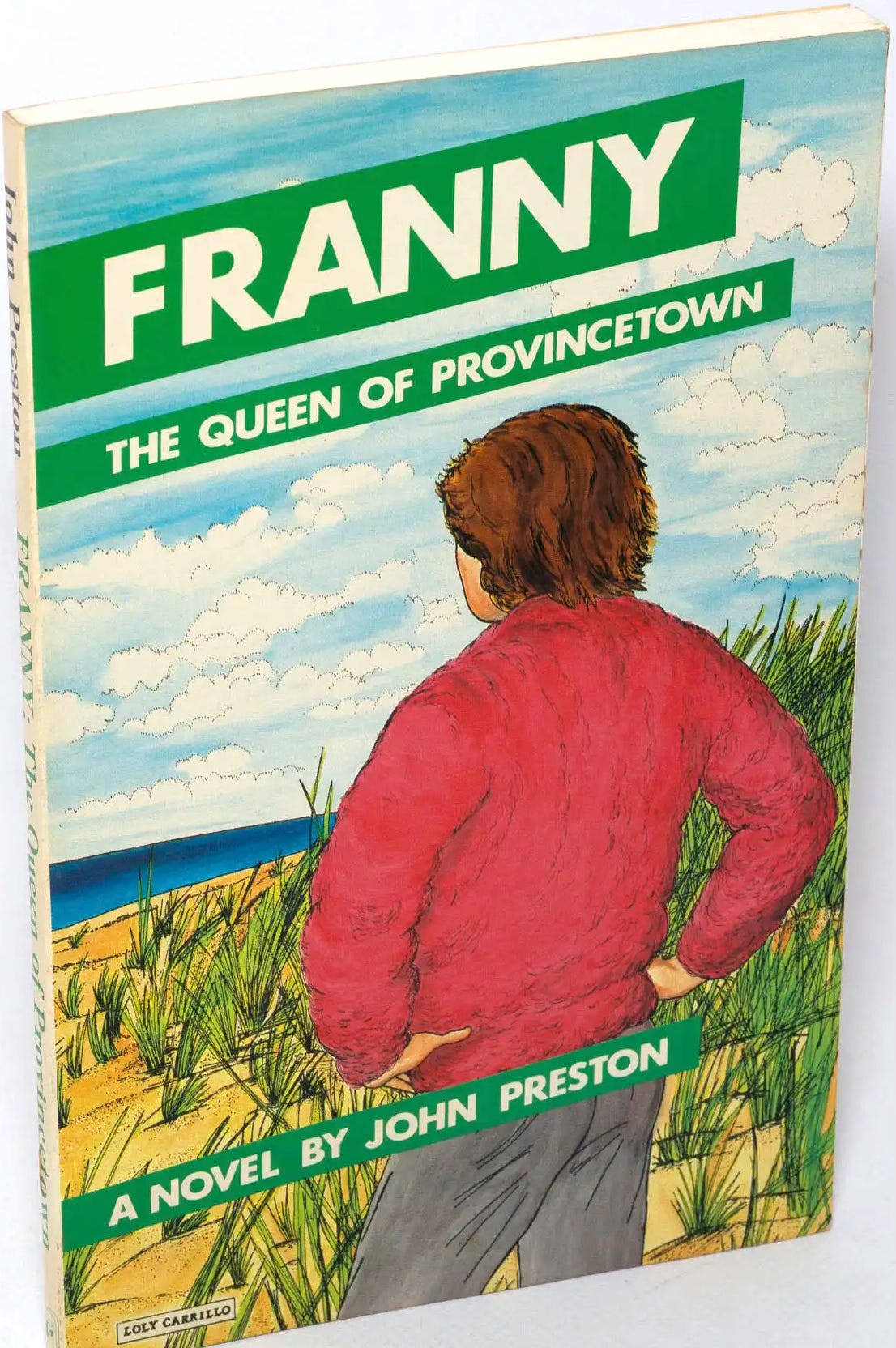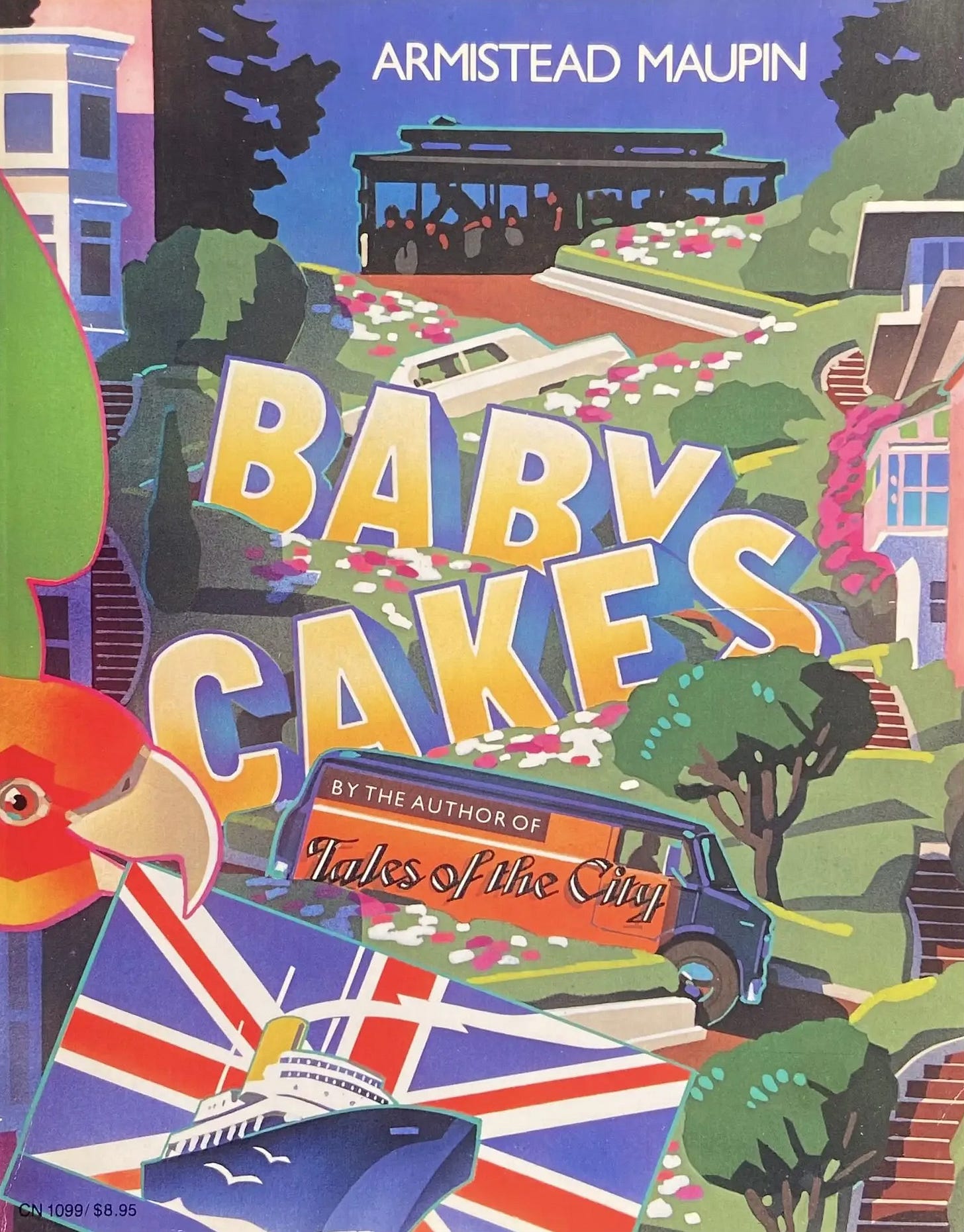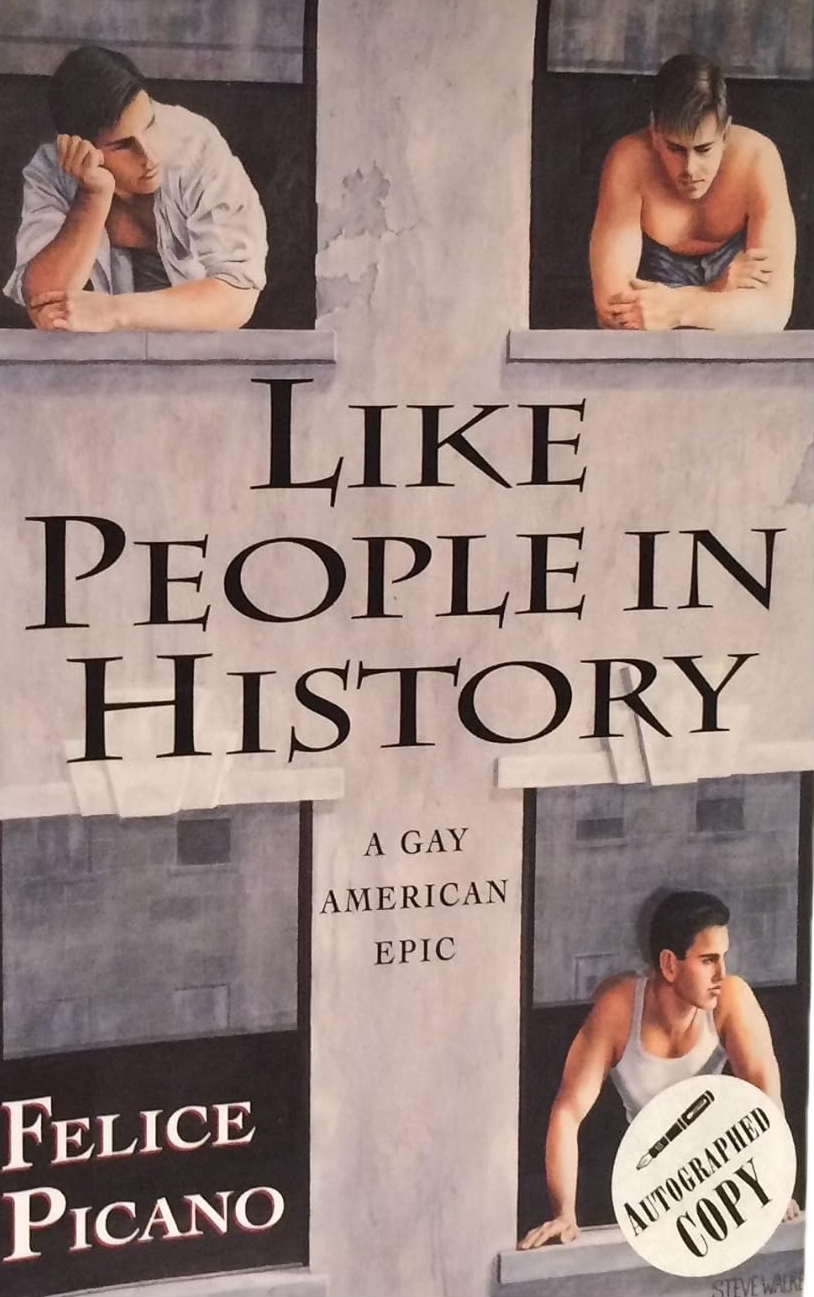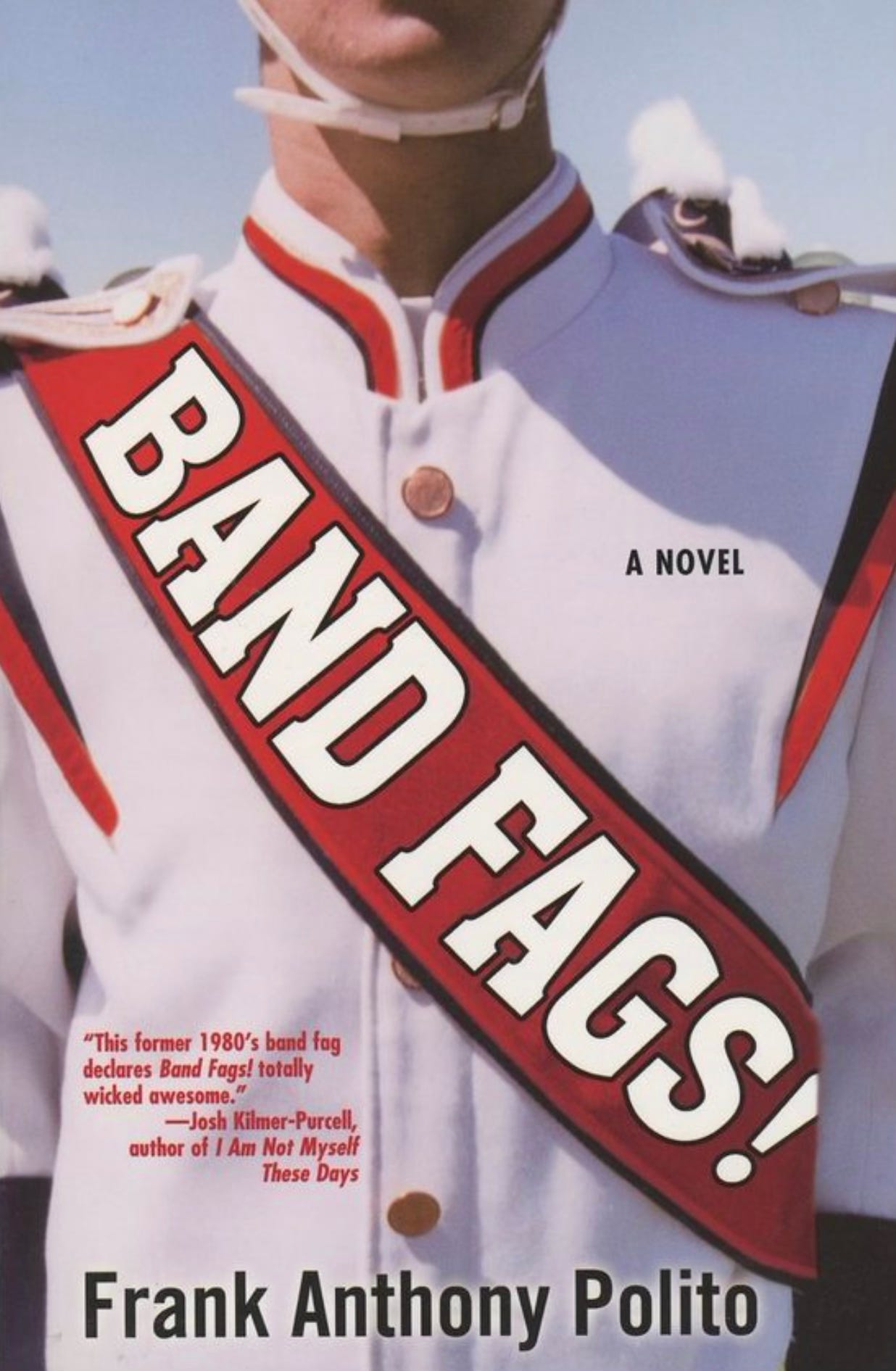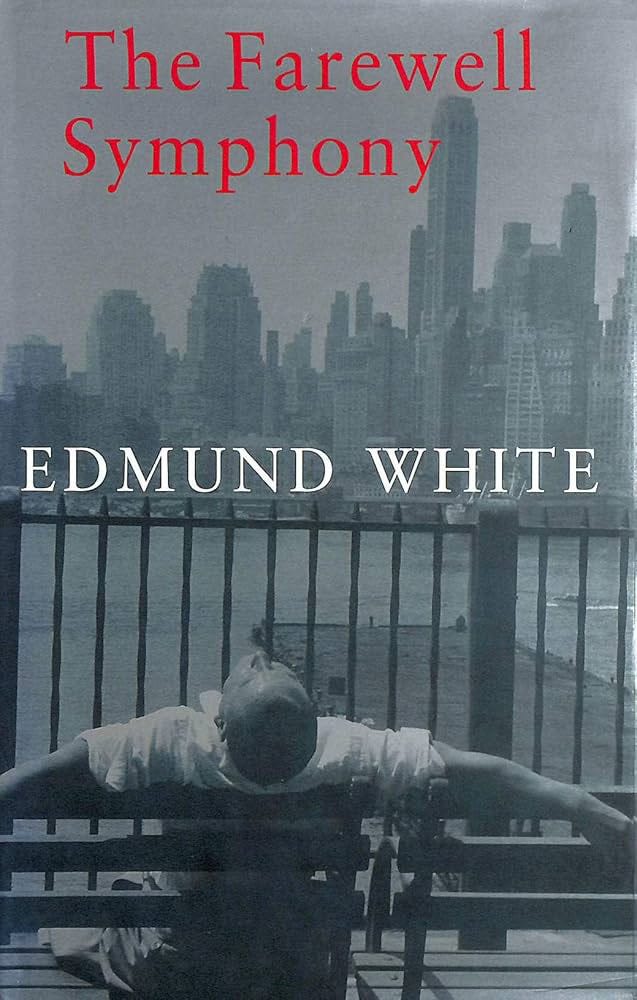The Library Is Open: First & Last Sentences from Queer Novels & Novellas
The way these works begin and end can be powerful enticements to dive in
November 2, 2025
What's a “queer book,” anyway?
Is it a book with an LGBTQ+ theme? One with no such theme but whose author is queer? One specifically about being queer, written by a queer author? Must it be pro-queer, or can it be anti-? Does it count if it's exploitative and prurient … or just plain bad?
Regardless of your definition, the heyday of the queer novel feels behind us. Yes, there are still books by, for, and about us, but it's not like in the '70s and '80s, when what were then branded “gay novels” took off, or the early '90s, when they'd become a bona fide boom business.
Not long after, they went bust, and the days when you might read a review calling a work of fiction, “The best gay novel of the year!” went with them. As did queer bookstores ... when was the last time you were inside one? Were there any woolly mammoth footprints pressed into the clay?
A Different Light and Unabridged (in Chicago) helped me feel like an upright homo sapien.
Part of the reason a booming literary niche was decimated is good — we became less concerned with obsessing over our place in the world as the world became less convinced we were aliens and/or carriers of disease and/or agents of Satan. (Not that a huge chunk of the world doesn't still ponder those questions, and not that there hasn’t been a recent backlash.) As we have been assimilated, we've become less excited by existentialist literary endeavors and more likely to spring for, say, books about the first time various anonymous narrators had queer sex, or about feel-good fairy tales or coffee-table books of nude men or books with no discernible queer sensibility at all.
But I miss the days when the queer novel was a big deal. I miss being in my college bookstore and grabbing an Edmund White tome and flipping it to a passage where two farmboys “cornhole” each other, and realizing that it wasn't pornography, but rather was frank, familiar, terrifyingly emotional art.
This entire post is made up of a collection of the first and last sentences of as many queer novels as I could readily lay my hands on. I'm sticking with the books' proper first and last sentences, so am leaving out things like dates and places (“New York, 1983") in the case of books that begin or end with letters, and I'm also ignoring the “hmmm”-inspiring epigraphs that so often appear at the beginning of a novel.
These are not meant to be my choices for “the best queer books.” But most of my favorite queer novels are included, and you will undoubtedly have read and loved many of them.
Actually ... how many have you read?
If these tantalizingly brief samples from 134 works don't make you curious to read some of them, nothing will.
I would absolutely love to receive your contributions (title, year, author, first line, last line) so I can continue to make this a living post ...
Dhalgren (1975) by Samuel R. Delany
FIRST: “to wound the autumnal city.”
LAST: “Waiting here away from the terrifying weaponry, out of the halls of vapor and light, beyond holland and into the hills I have come to.”
Faggots (1978) by Larry Kramer
FIRST: “There are 2,556,596 faggots in the New York City area.”
LAST: “Happy Birthday Me.”
Dancer from the Dance (1978) by Andrew Holleran
FIRST: “Ecstasy, It's finally spring down here on the Chattahoochee — the azaleas are in bloom, and everyone is dying of cancer.”
LAST: “Go out dancing tonight, my dear, and go home with someone, and if the love doesn't last beyond the morning, then know I love you.”
Giovanni's Room (1956) by James Baldwin
FIRST: “I stand at the window of this great house in the south of France as night falls, the night which is leading me to the most terrible morning of my life.”
LAST: “Yet as I turn and begin walking toward the waiting people, the wind blows some of them back on me.”
Last Call (2009) aka “Pilgrims” (1980) by Dennis Forbes
FIRST: “Harry Kirsten checked the dash of his Datsun 280-ZX.”
LAST: “Wanna fly out to San Francisco in, say, October?”
Querelle of Brest (1947) by Anonymous (Jean Genet)
FIRST: “The notion of murder often brings to mind the notion of sea and sailors.”
LAST: “She was alone.”
Dream Boy (1995) by Jim Grimsley
FIRST: “On Sunday in the new church, Preacher John Roberts tells about the disciple Jesus loved, whose name was also John, how at the last supper John lay his head tenderly on Jesus’s breast.”
LAST: “They never look back.”
Such Times (1993) by Christopher Coe
FIRST: “There may have been a day this year when I thought of him as dead right off, the first time he came to mind.”
LAST: “I am still owing.”
Mysterious Skin (1995) by Scott Heim
FIRST: “The summer I was eight years old, five hours disappeared from my life.”
LAST: “But it wasn't, and we weren't.”
B-Boy Blues (1994) by James Earl Hardy
FIRST: “What’s love got to do with it?”
LAST: “Smack.”
The City and the Pillar (1948) by Gore Vidal
FIRST: “The moment was strange.”
LAST: “Soon he would move on.”
Boy Culture (1995) by Matthew Rettenmund
FIRST: “Why are gay guys obsessed with storytelling?”
LAST: “Now if you'll excuse me, my pediatrician is big on punctuality.”
A Single Man (1964) by Christopher Isherwood
FIRST: “Waking up begins with saying am and now.”
LAST: “Both will have to be carted away and disposed of, before too long.”
Tales of the City (1978) by Armistead Maupin
FIRST: “Mary Ann Singleton was twenty-five years old when she saw San Francisco for the first time.”
LAST: “It's Colombian.”
Surprising Myself (1987) by Christopher Bram
FIRST: “Moths thumped the screens of the dining hall.”
LAST: “We weren't finished yet.”
A Boy's Own Story (1982) by Edmund White
FIRST: “We're going for a midnight boat ride.”
LAST: “I wiped my mouth with the back of an adult hand, smiled and walked up to the dining hall humming a little tune.”
The Confessions of Danny Slocum (1980) by George Whitmore
FIRST: “It happened again tonight.”
LAST: “We both know it.”
The Front Runner (1974) by Patricia Nell Warren
FIRST: “I can be precise about the day it began.”
LAST: “He knows that it is going to take everything he has to stay up in front, to run free.”
See, What Had Happened Was … (2025) by Dwayne A. Ratleff
FIRST: “March 20, 1980, was two days before my twenty-first birthday.”
LAST: “I love you, San Francisco.”
Martin and John (1993) by Dale Peck
FIRST: “‘Here is this baby, crying in my arms, and don’t he know just when to stop?’”
LAST: “It’s something, but it’s not that.”
The Men from the Boys (1997) by William Mann
FIRST: “'Going tricking?' Javitz asked earlier tonight, in that voice that knows the answers to its own questions.”
LAST: “We sit there, the three of us, and look out over the waves.”
The Irreversible Decline of Eddie Socket (1989) by John Weir
FIRST: “Eddie Socket had his mother's sharp, slightly prominent Anglican nose, and his father's deep-set, sentimental blue eyes and pale Irish complexion — standard white American features, neatly arranged but lacking authority, he felt, because of his chin.”
LAST: “Even losing Merrit, I think, is easy enough, if only I put him in his place in the room, among the fixtures of a life that I no longer lead, there at the table, preserved, wearing a sweater that doesn't belong, nursing a tooth, and drinking heated milk.”
Sookey (1969) by Angelo D’Arcangelo aka Josef Bush
FIRST: “The house I’ve rented in Cherry Grove suits me perfectly".”
LAST: “With this, their last life, they are released from the wheel.”
City of Night (1963) by John Rechy
FIRST: “Later I would think of America as one vast City of Night stretching gaudily from Times Square to Hollywood Boulevard-jukebox-winking, rock-n-roll moaning: America at night fusing its dark cities into the unmistakable shape of loneliness.”
LAST: “Why can't dogs go to heaven?”
A/S/L (2025) by Jeanne Thornton
FIRST: “Three teenagers — Abraxa, Sash, Lilith — and one of them dreams of computers.”
LAST: “Please be free.”
Memoirs of Hadrian (1951) by Marguerite Yourcenar
FIRST: “My dear Mark, Today, I went to see my physician Hermogenes, who has just returned to the Villa from a rather long journey in Asia.”
LAST: “Let us try, if we can, to enter into death with open eyes ...”
More Tales of the City (1980) by Armistead Maupin
FIRST: “The valentine was a handmade pastiche of Victorian cherubs, pressed flowers and red glitter.”
LAST: “'After all, my dear, tomorrow is another day!'”
Maurice (1913/1971) by E.M. Forster
FIRST: “Once a term the whole school went for a walk — that is to say the three masters took part as well as all the boys.”
LAST: “He waited for a little in the alley, then returned to the house, to correct his proofs and to devise some method of concealing the truth from Anne.”
The Lost Language of Cranes (1986) by David Leavitt
FIRST: “Early on a rainy Sunday afternoon in November a man was hurrying down Third Avenue, past closed and barred florist shops and newsstands, his hands stuffed in his pockets and his head bent against the wind.”
LAST: “He would lie awake for a long time, looking at Owen's white ankles in the bright moonlight.”
Queer Hustler (1965) by Joe Caruso
FIRST: “Kenny had an ace in the hole.”
LAST: “And, with a terrific blast, he ended the set, then moved through the crowd to the bar while the people applauded gratefully.”
Cry to Heaven (1982) by Anne Rice
FIRST: “Guido Maffeo was castrated when he was six years old and sent to study with the finest singing masters in Naples.”
LAST: “And for the first time they would truly be together.”
The Butterscotch Prince (1975) by Richard Hall
FIRST: “Now, sometimes, when I hear the new math teacher’s
voice floating down the hall from her classroom to
mine, furious because her kids aren’t paying attention, I can’t
believe she’s right next door, separated by the same twenty
yards of dirty linoleum that once separated me from Ellison.”
LAST: “For every brave, aching son and daughter moving with us
under the dark November sky.”
Further Tales of the City (1982) by Armistead Maupin
FIRST: “There were outlanders, of course, who continued to insist that San Francisco was a city without seasons, but Mrs. Madrigal paid no heed to them.”
LAST: “‘Vuiiiiiton!’”
The Swimming-Pool Library (1988) by Alan Hollinghurst
FIRST: “I came home on the last train.”
LAST: “And going into the showers I saw a suntanned young lad in pale blue trunks that I rather liked the look of.”
The Persian Boy (1972) by Mary Renault
FIRST: “Lest anyone should suppose I am the son of nobody, sold off by some peasant father in a drought year, I may say our line is an old one, though it ends with me.”
LAST: “I lit the night lamp and set it by the bed, and watched with him, till at morning the embalmers came to take him from me, and fill him with the everlasting myrrh.”
The Boys on the Rock (1984) by John Fox
FIRST: “One of Tommy’s legs is shorter than the other and thin as a rail.”
LAST: “Clouds are sailing in an arc down the sky and up the shore a trawler is headed north, toward the mouth of the Hudson, I guess, to Manhattan maybe.”
Harlan’s Race (1994) by Patricia Nell Warren
FIRST: “In the summer of 1990, when I was 55, with so many things coming full circle for me, I went back to New York for the first time in many years.”
LAST: “Like them, we belong to a certain sky, that is ever our refuge and our home.”
Franny, the Queen of Provincetown (1983) by John Preston
FIRST: “Jesus, Mary and Joseph!”
LAST: “But that, too, is only something to be expected of a wise, compassionate queen.”
Babycakes (1984) by Armistead Maupin
FIRST: “She was fifty-seven years old when she saw San Francisco for the first time.”
LAST: “‘Thank you, Miss Treves.’”
Like People in History (1995) by Felice Picano
FIRST: “‘Are you sure?’”
LAST: “I stood in the freezing darkness and desolation, and that radiator chugged and rattled and spouted, and its whistle hissed out steam so noisily and with such intensity of purpose that I slowly — amazing myself — became certain it really DID have a purpose: to carry on as long as it had the power to do so, and while it remained active, to do what it did best — even if that meant attempting to warm up the entire immense, vitrescent, frigid, indifferent night.”
Band Fags! (2008) by Frank Anthony Polito
FIRST: “‘Friends hold you back.’”
LAST: “I don't believe her.”
The Farewell Symphony (1997) by Edmund White
FIRST: “I'm beginning this book on All Saints' Day in Paris six months after Brice's death.”
LAST: “Joshua's spirit was no more in these things than was our virus; his spirit was lodged in Eddie's pages, in his own, even, I hoped, in mine.”



